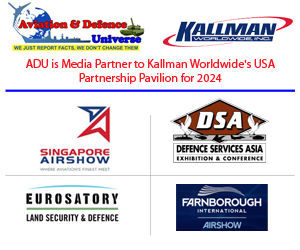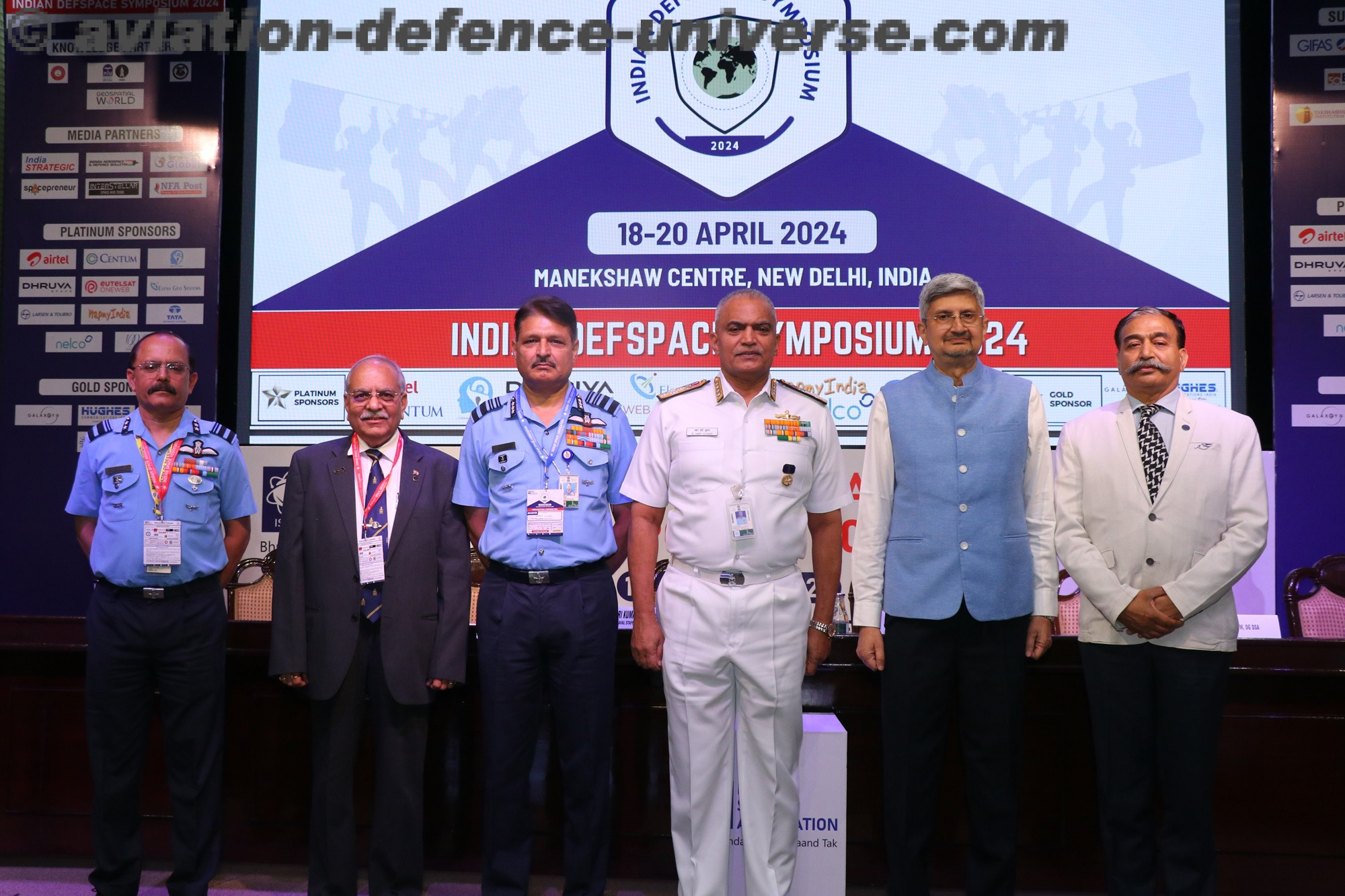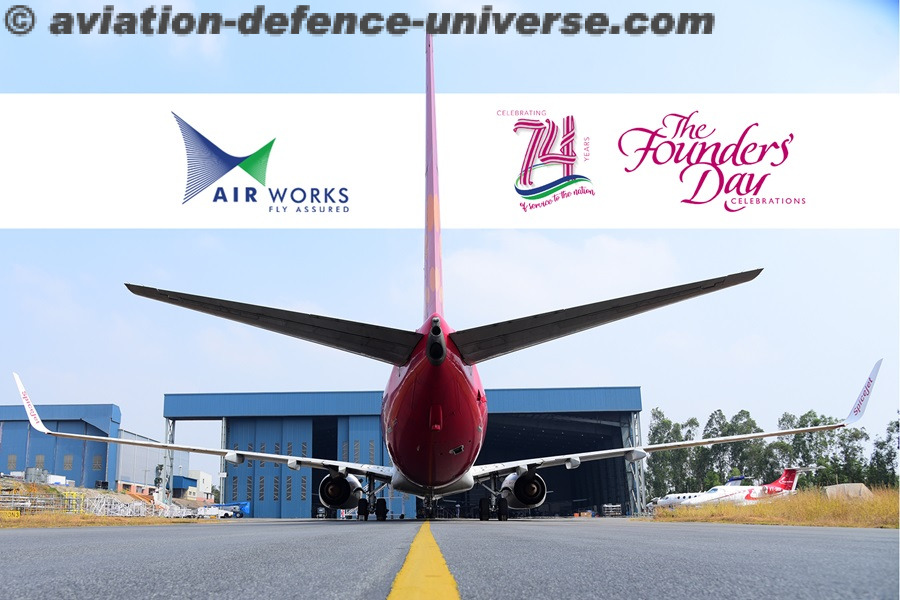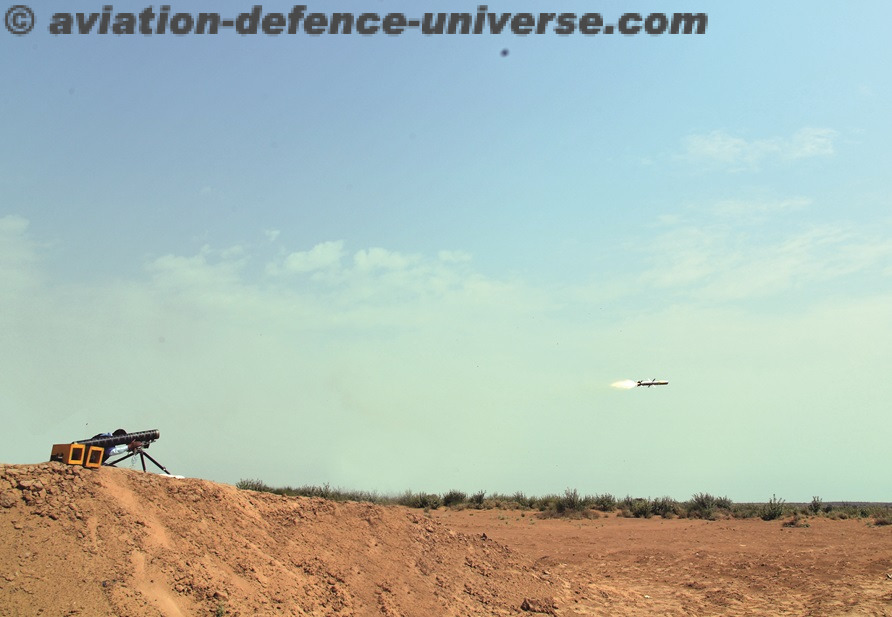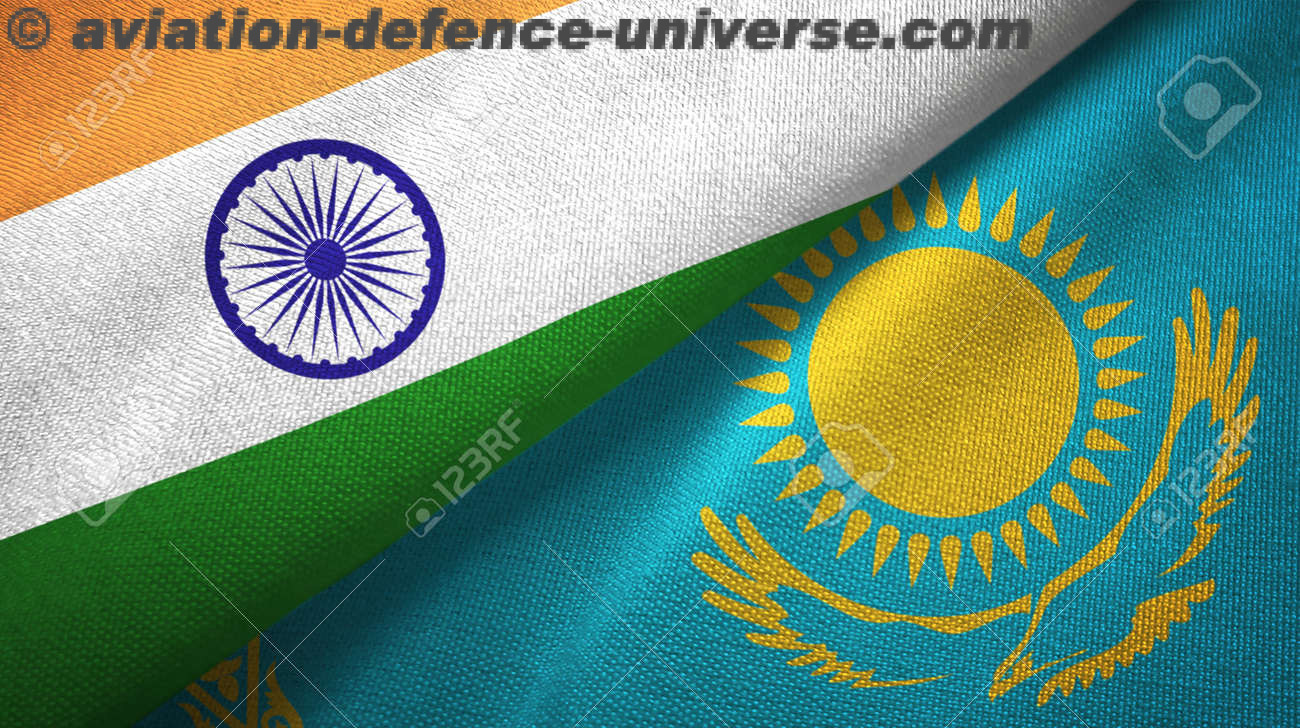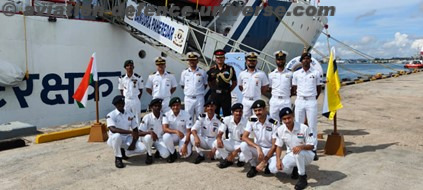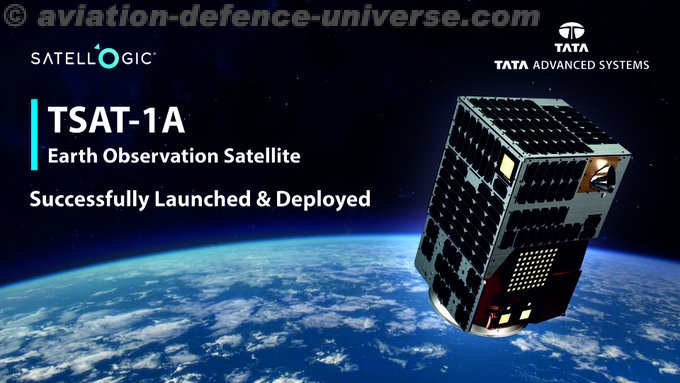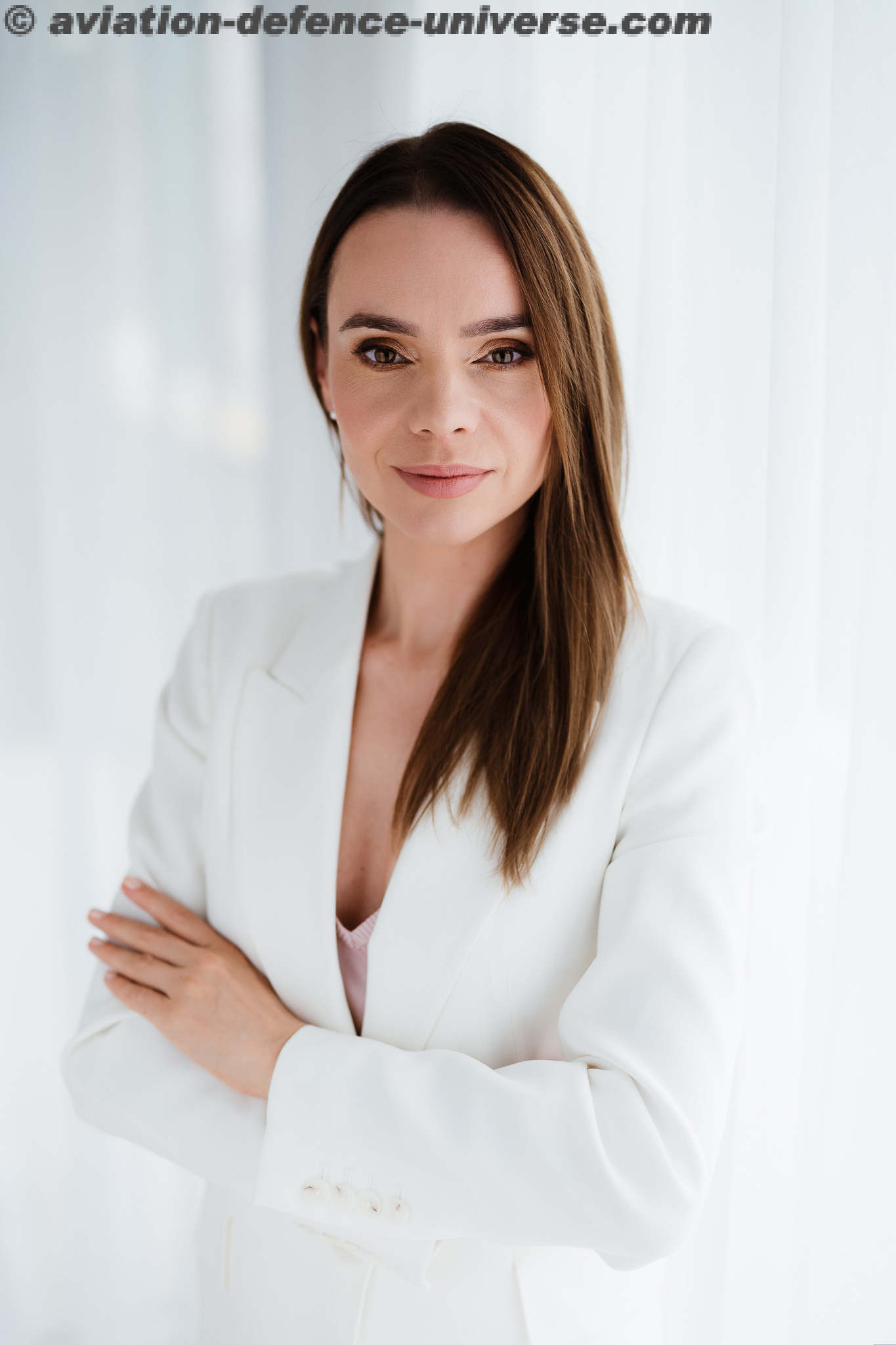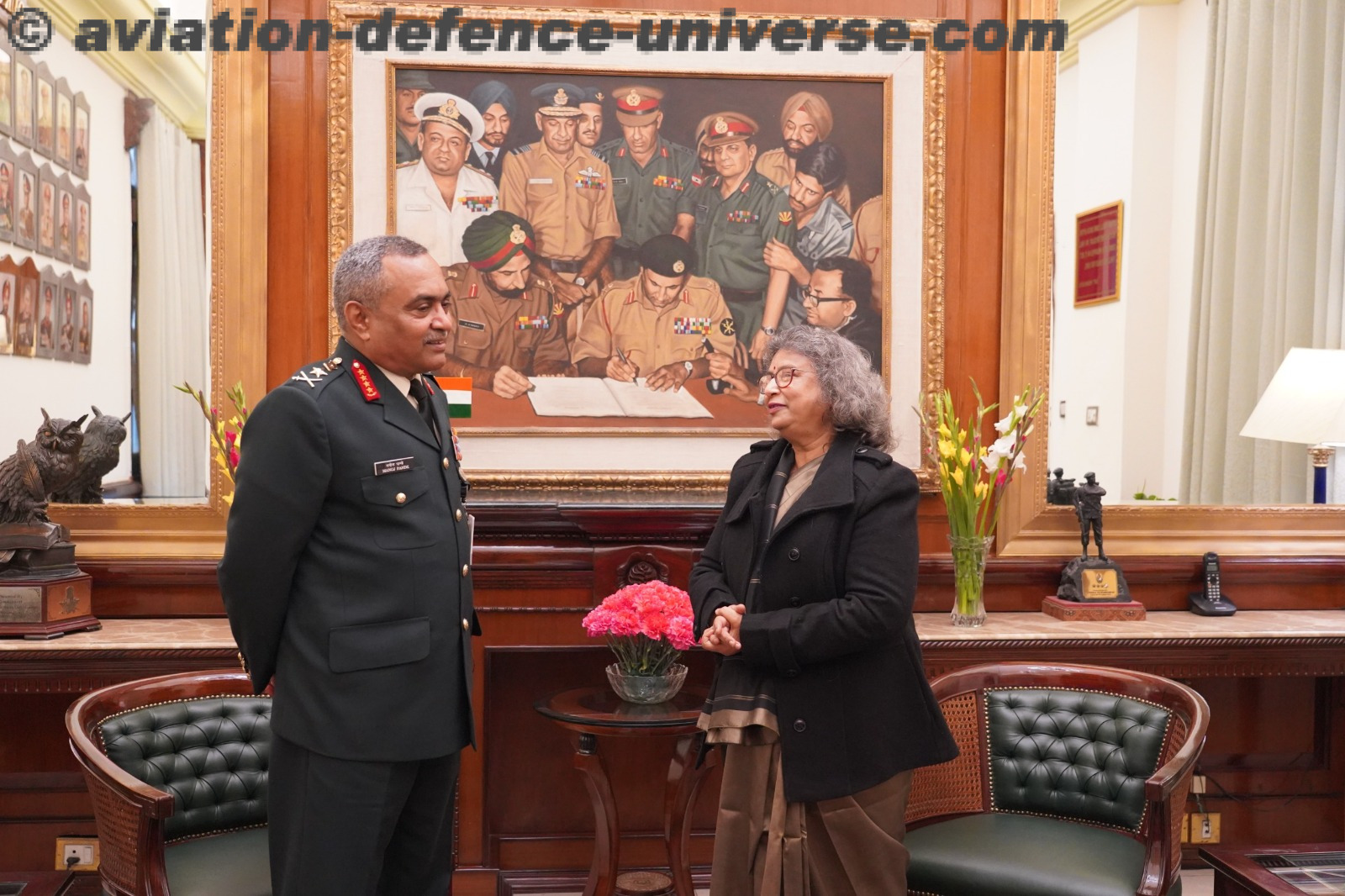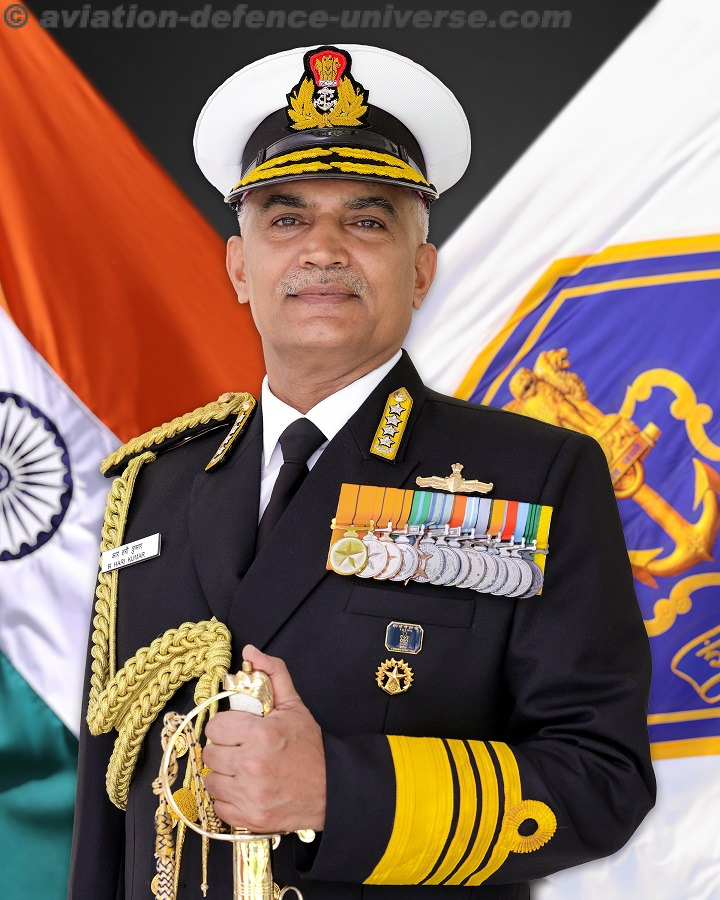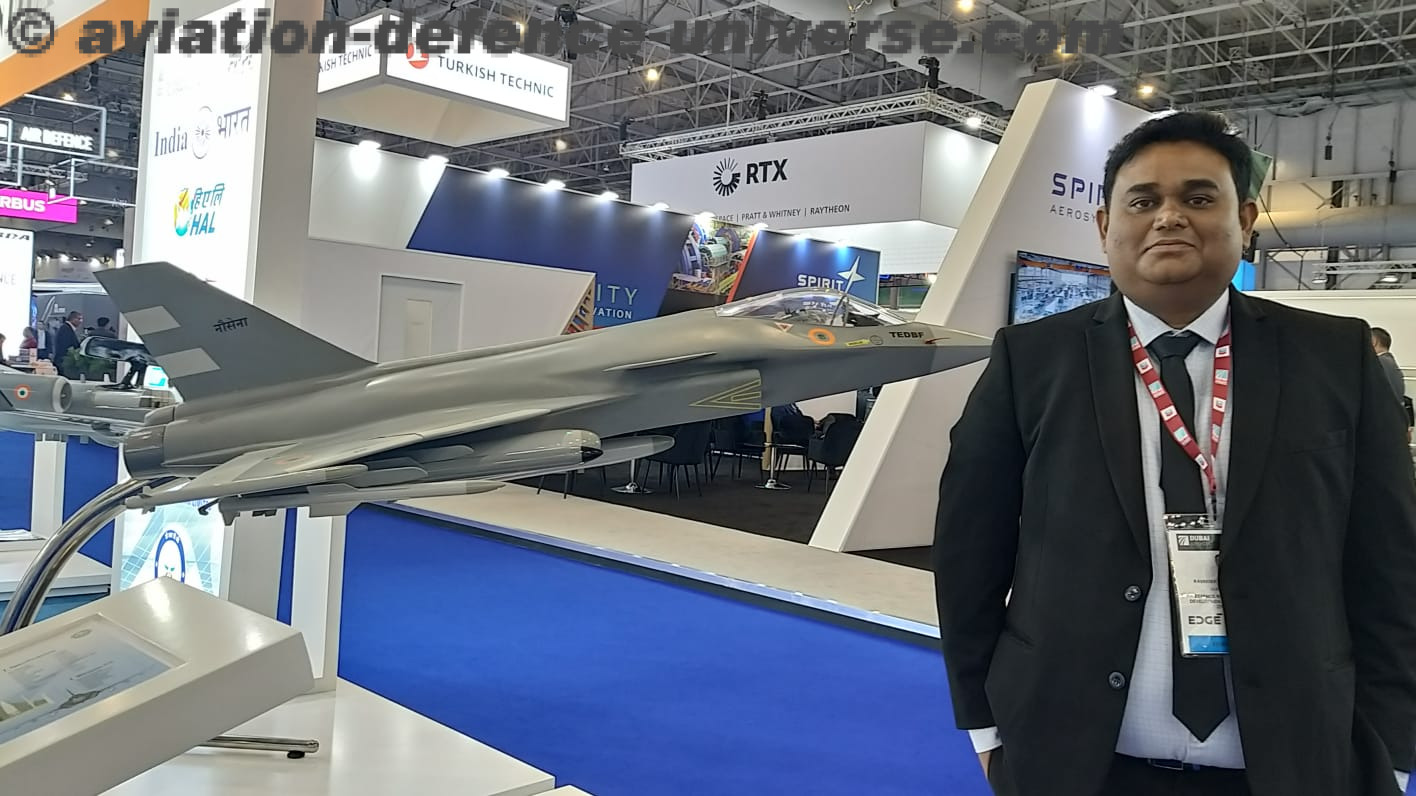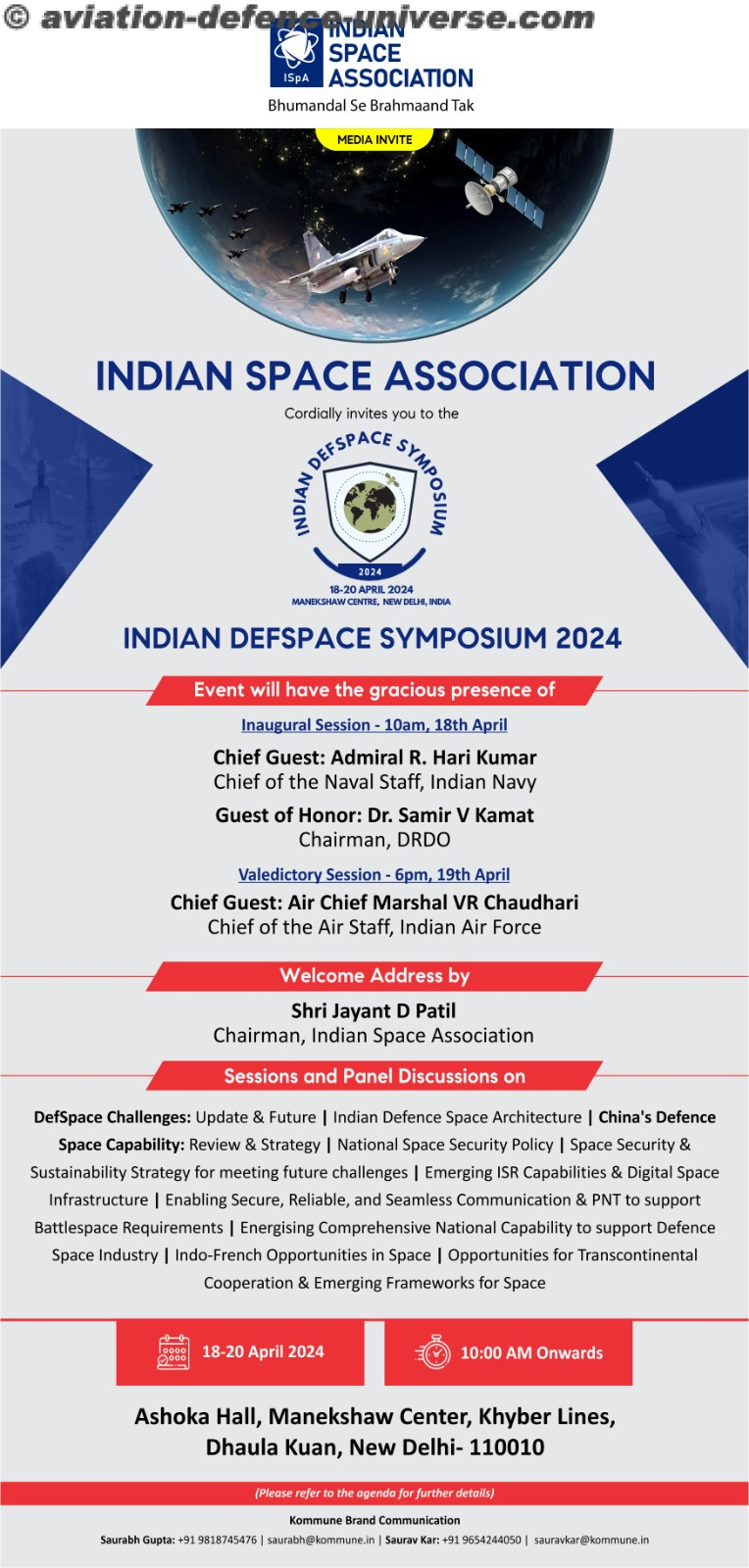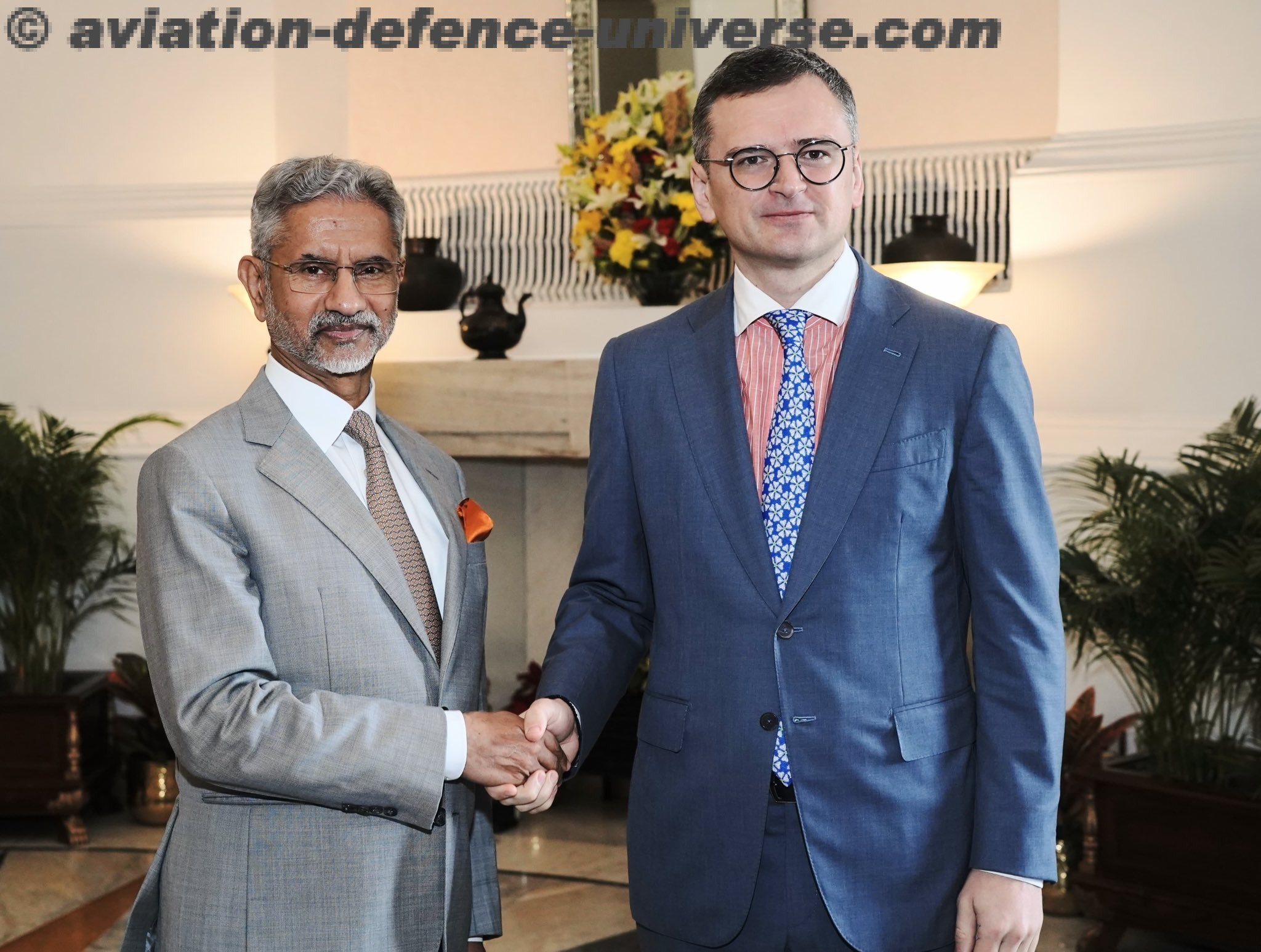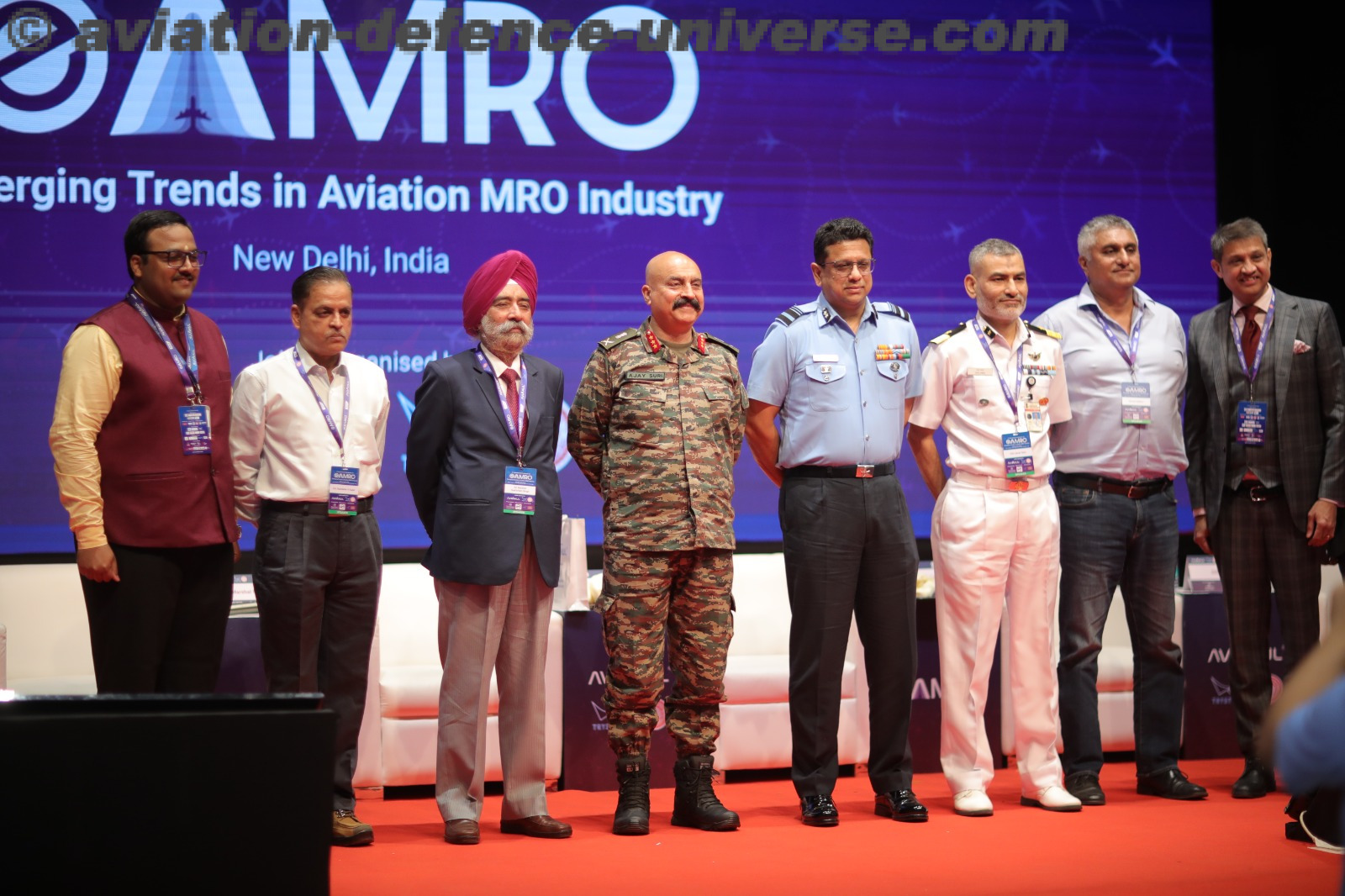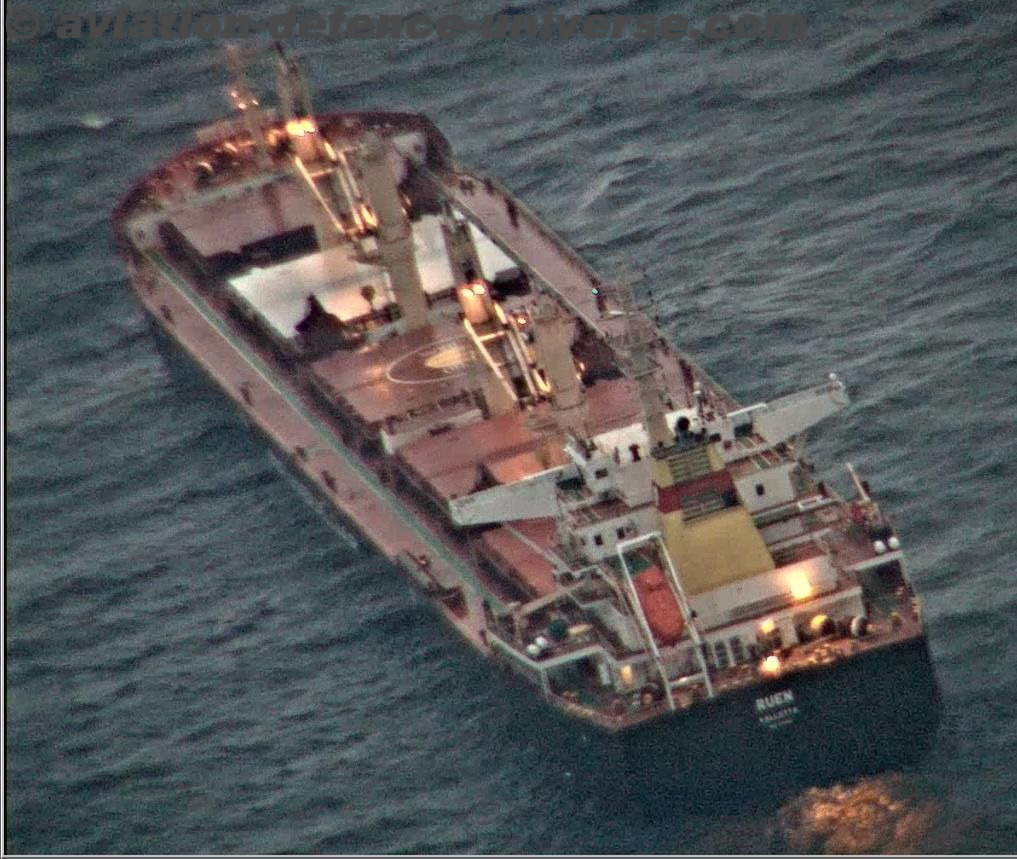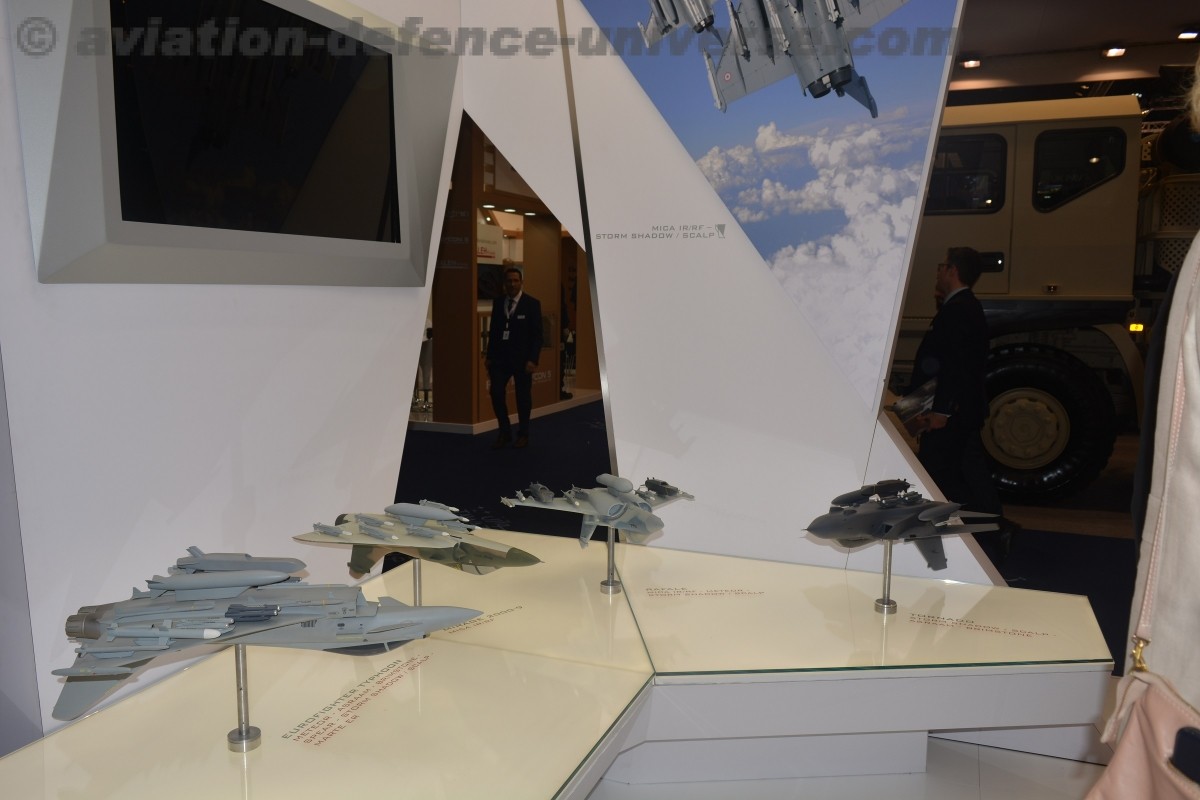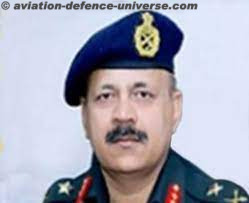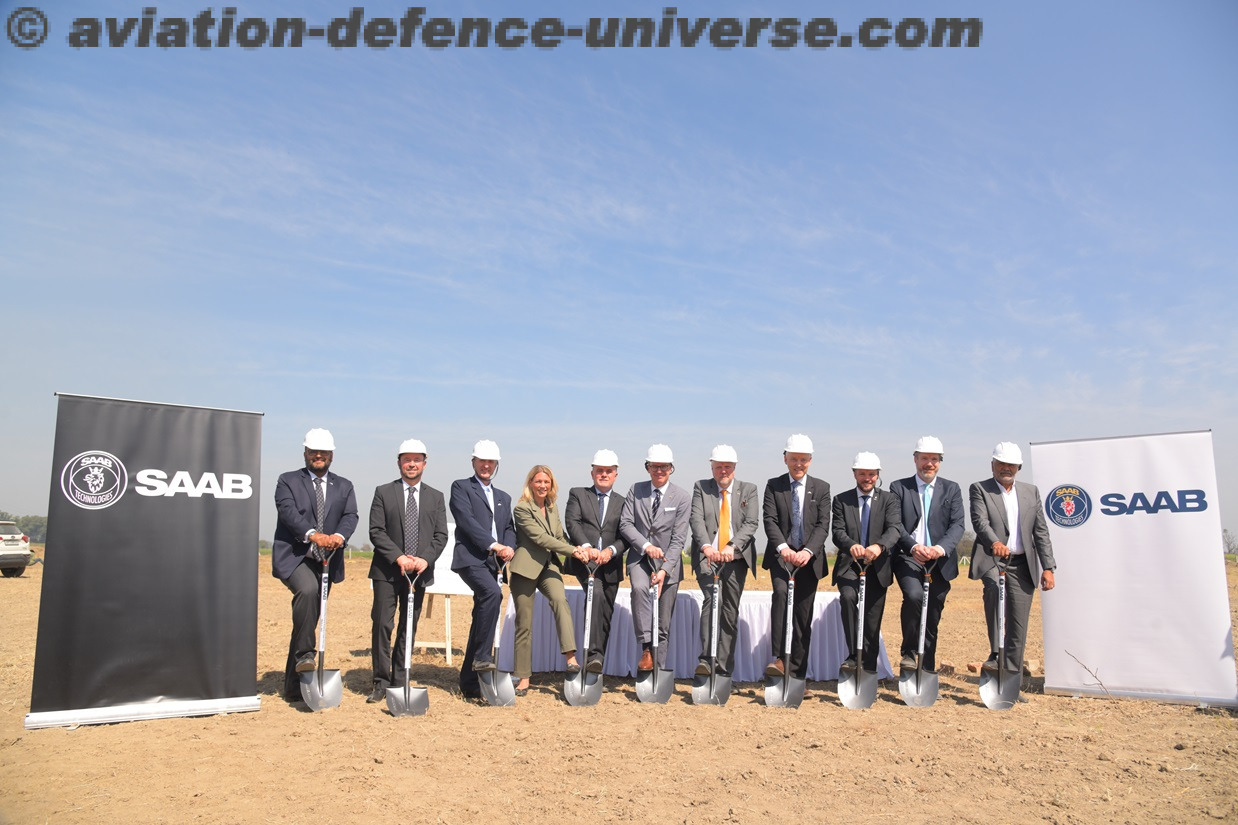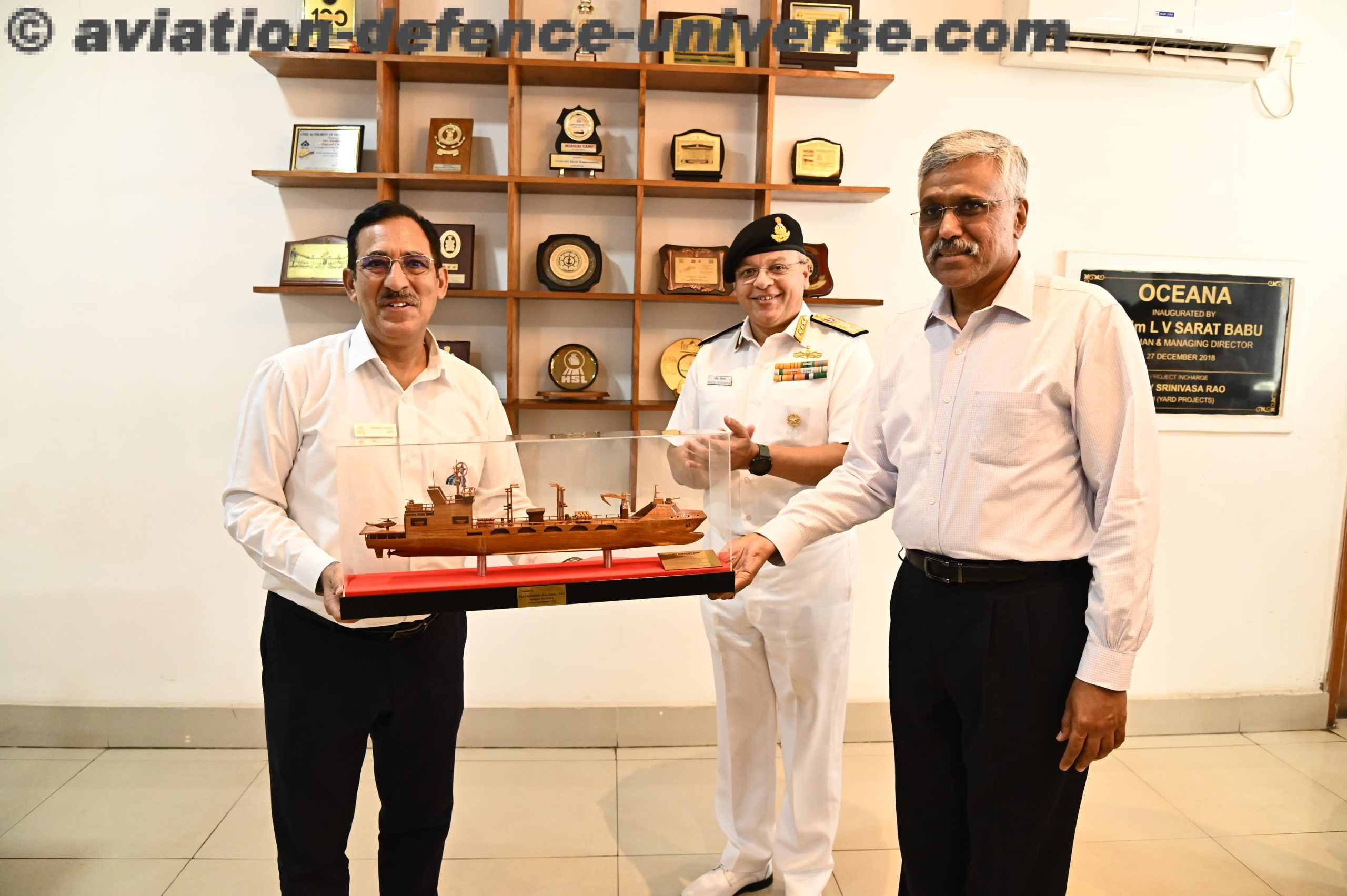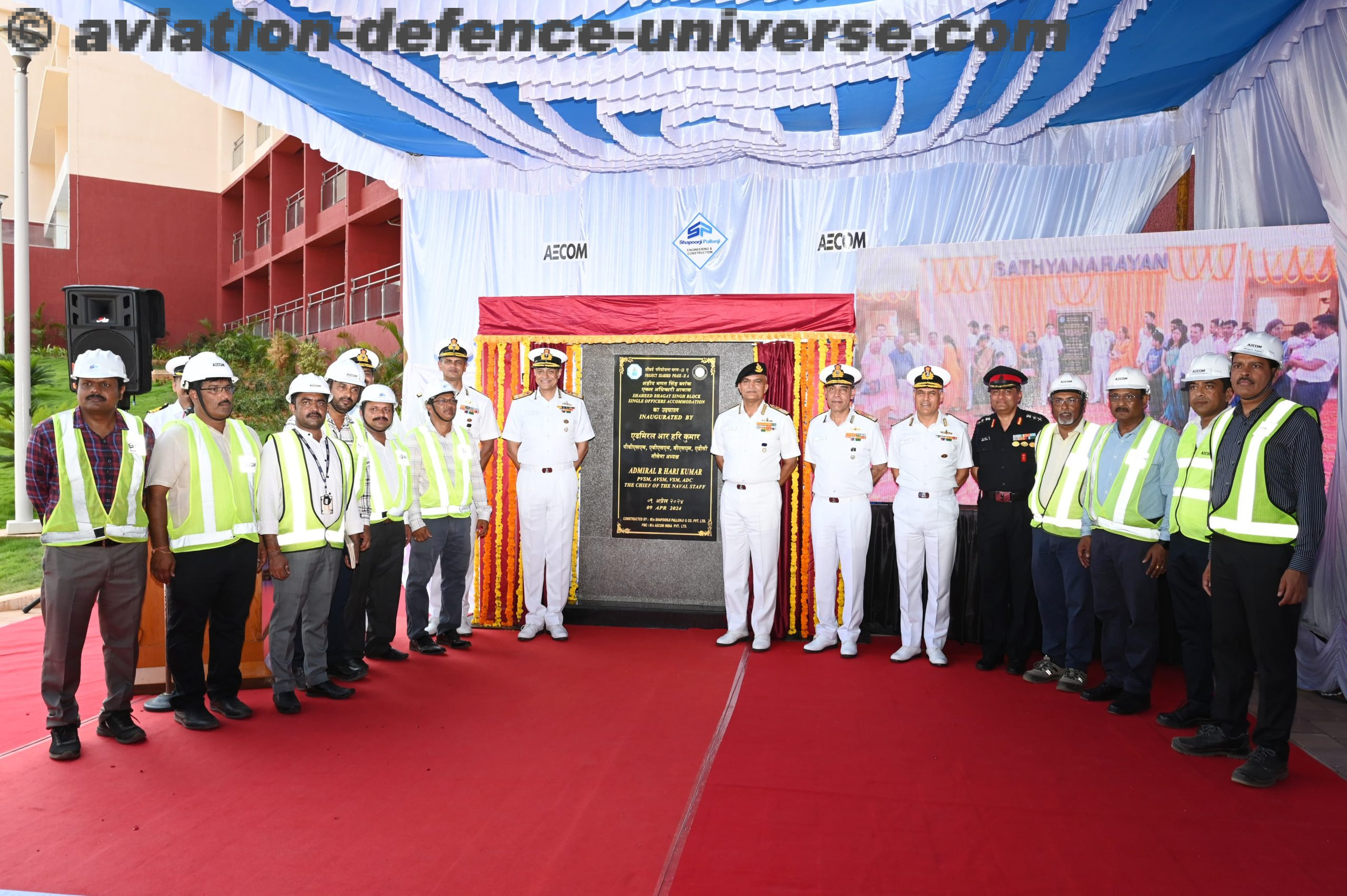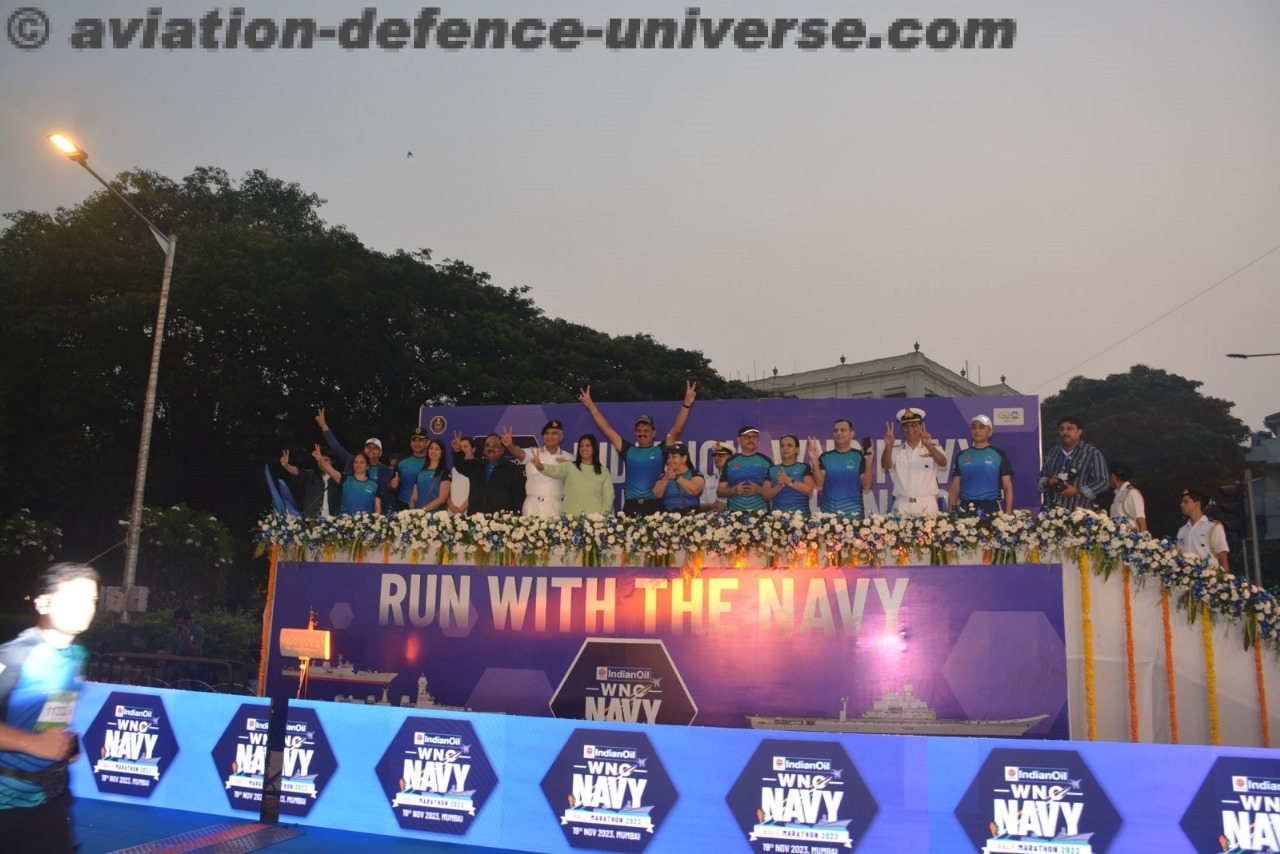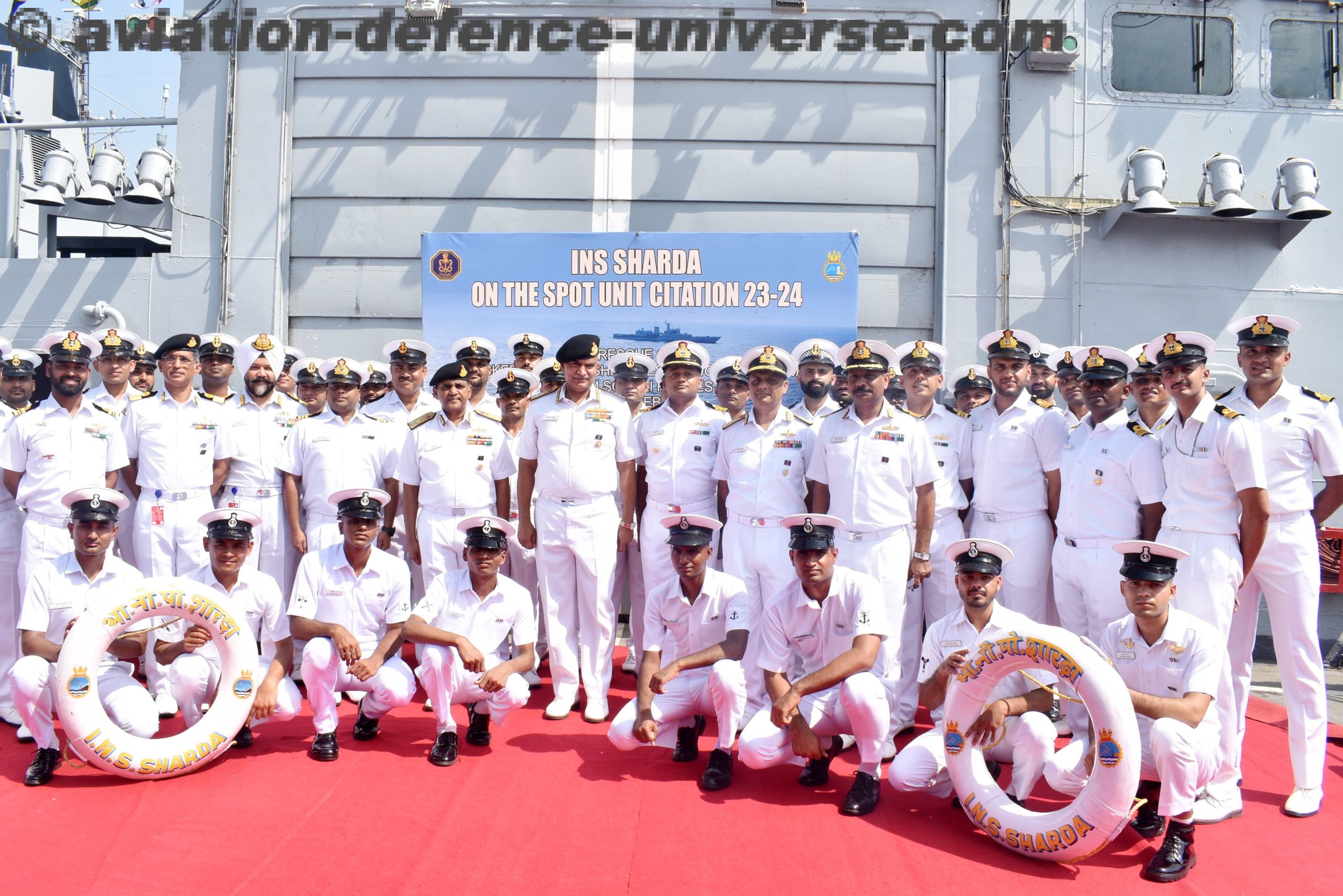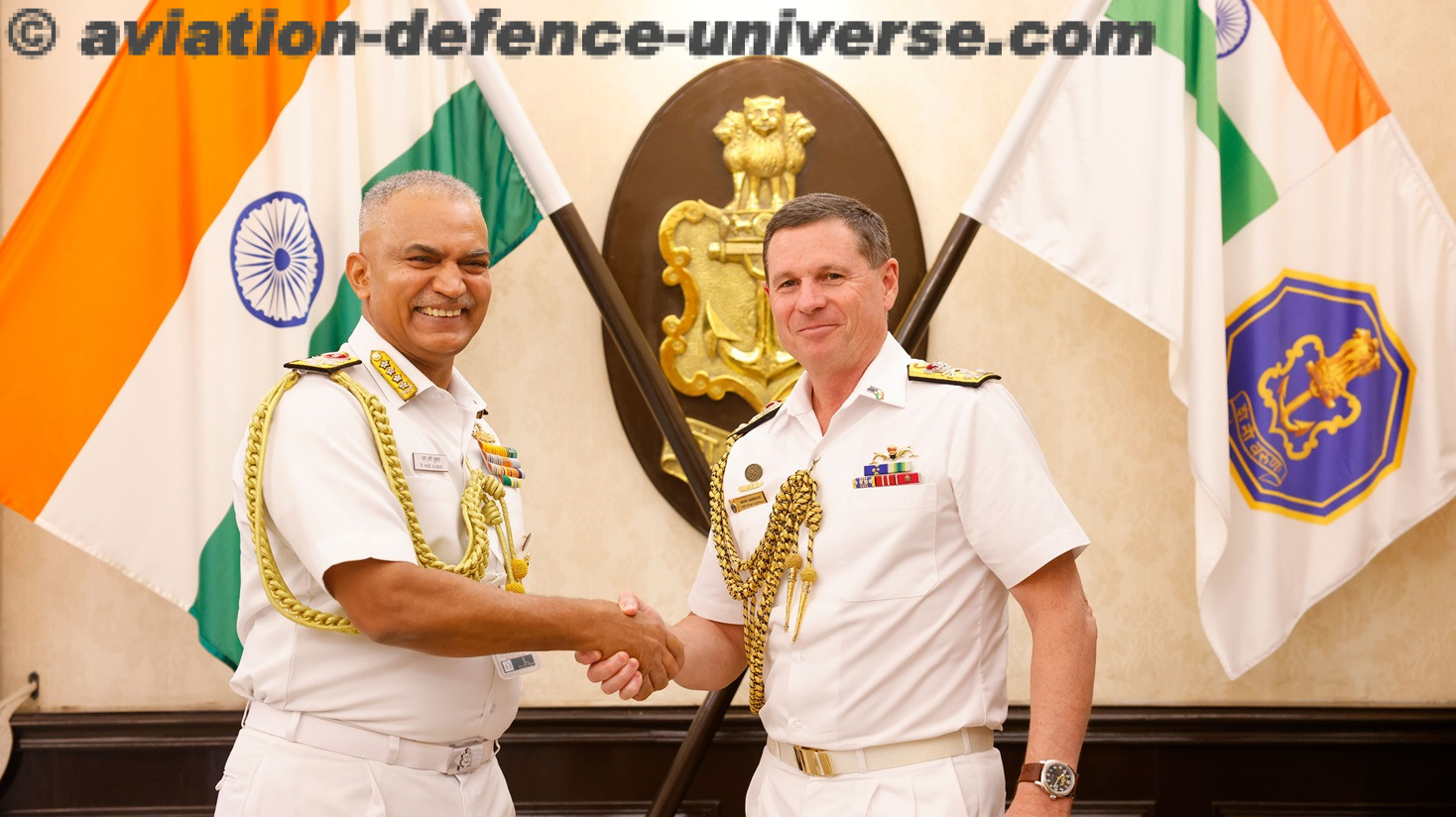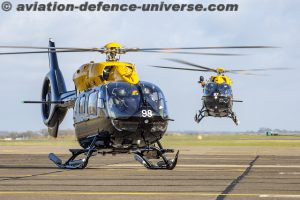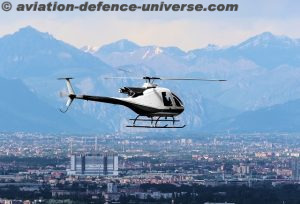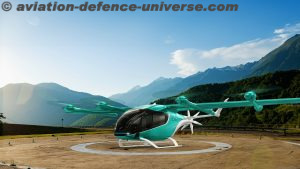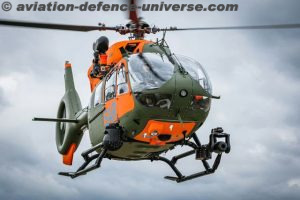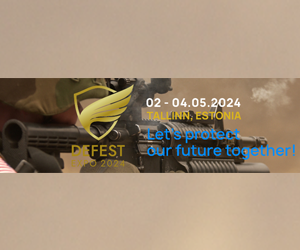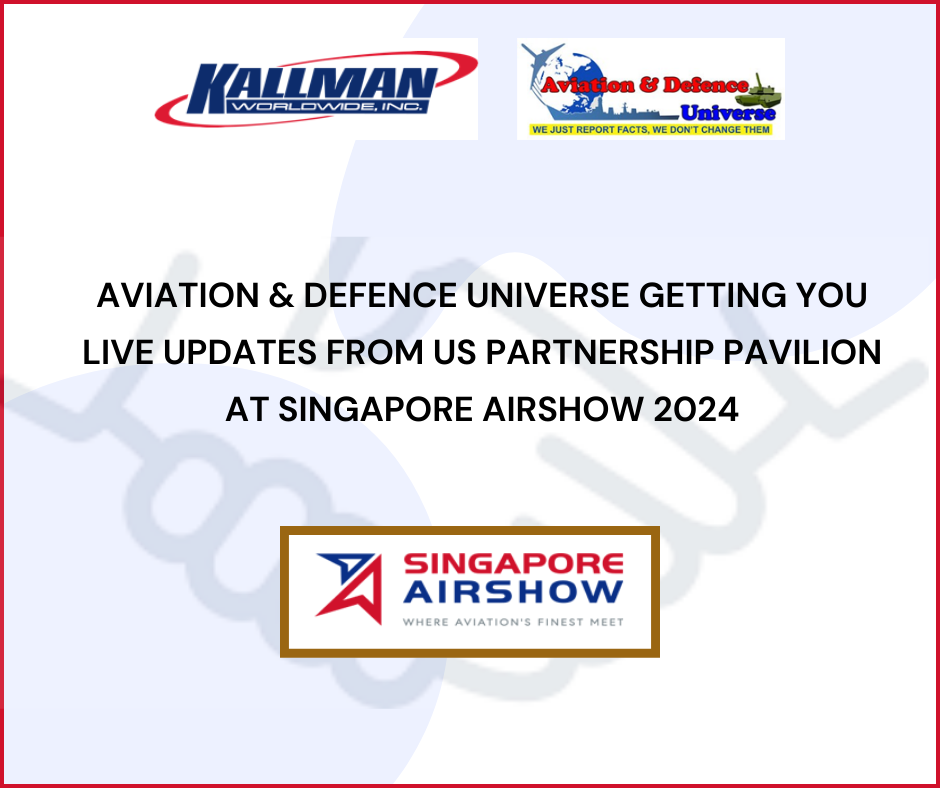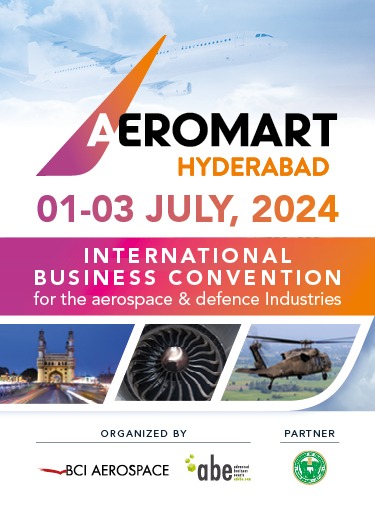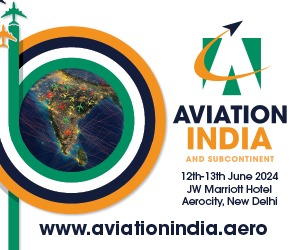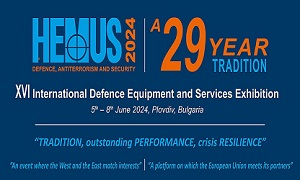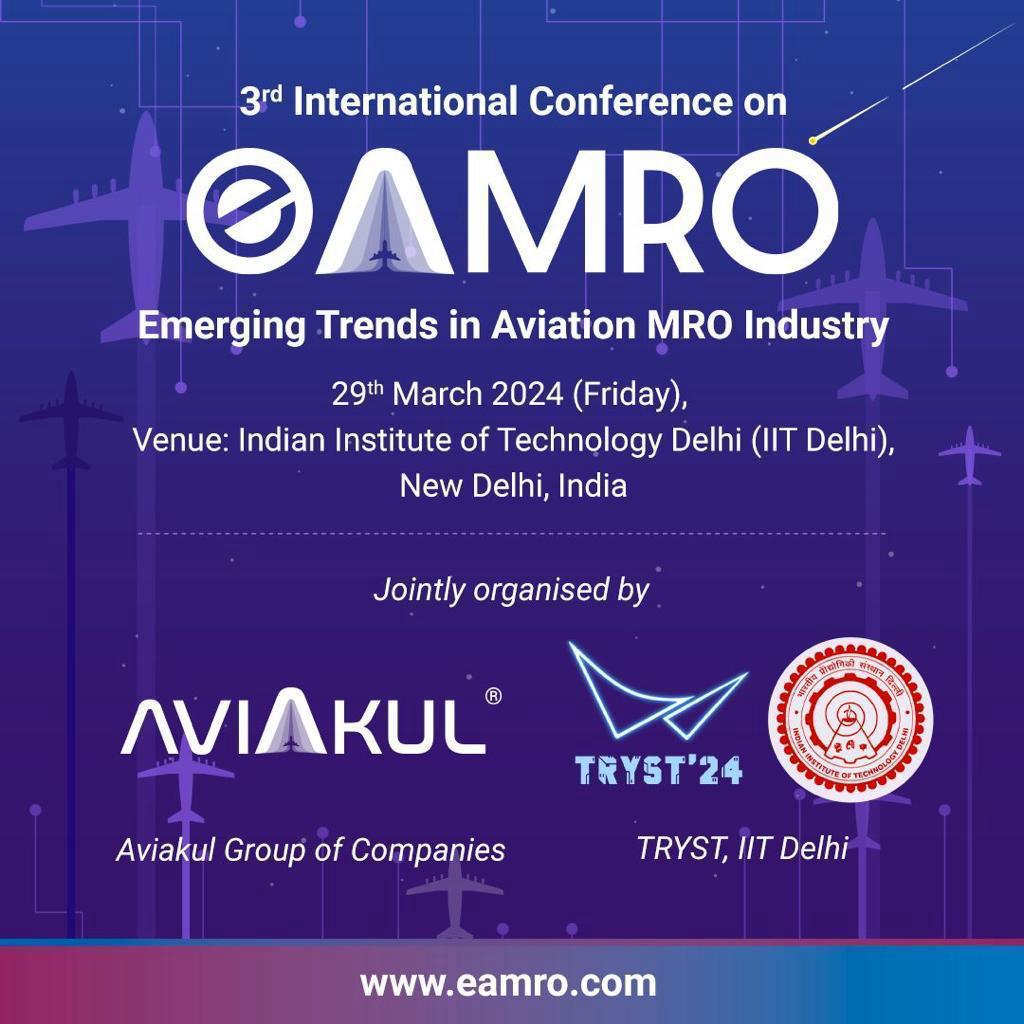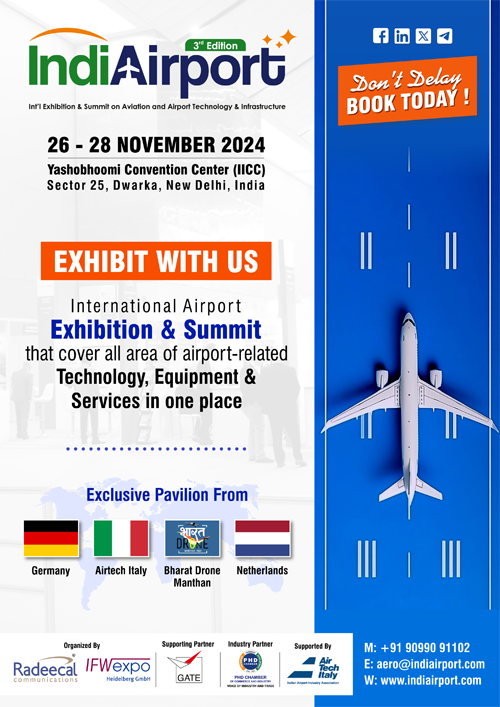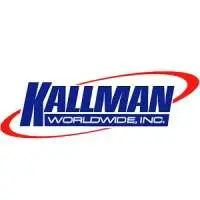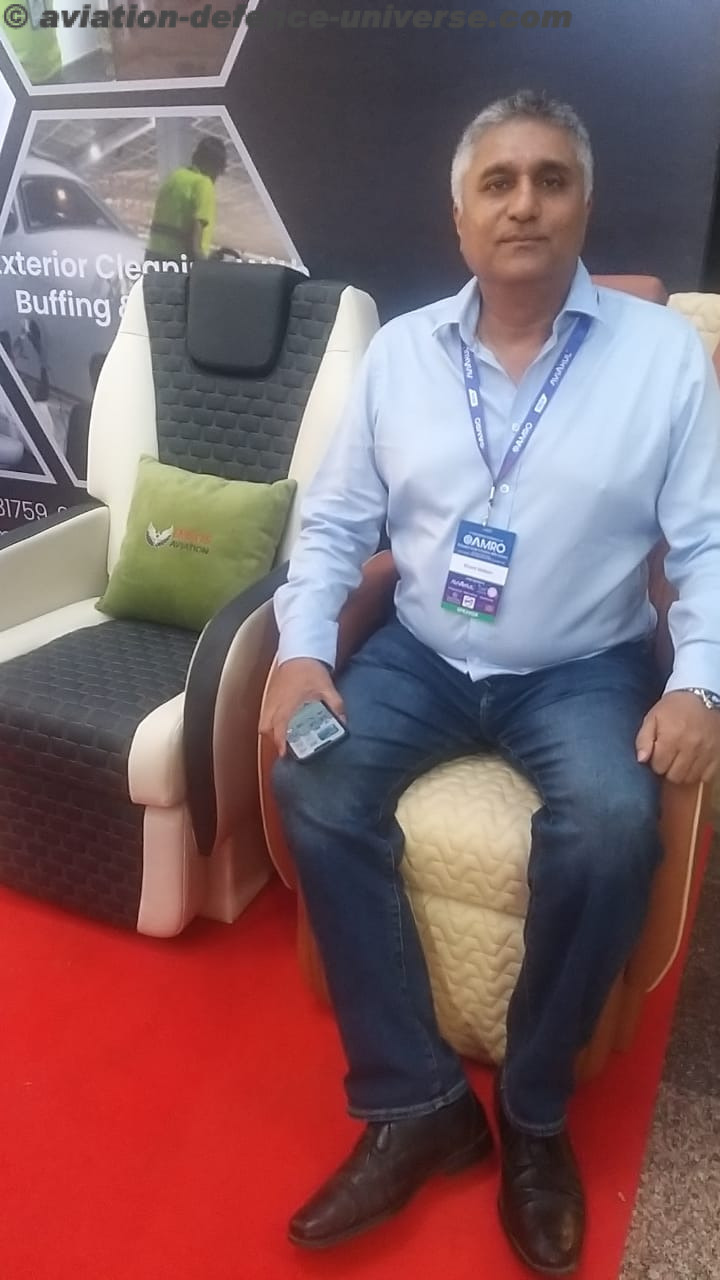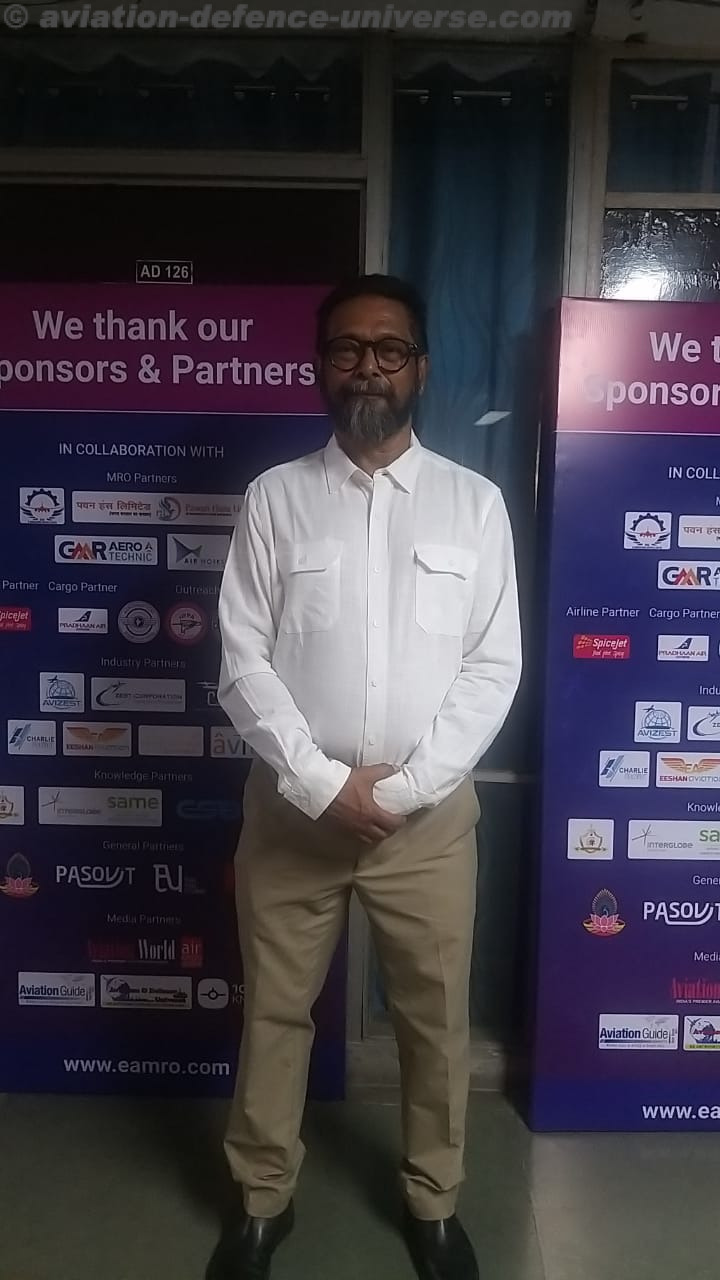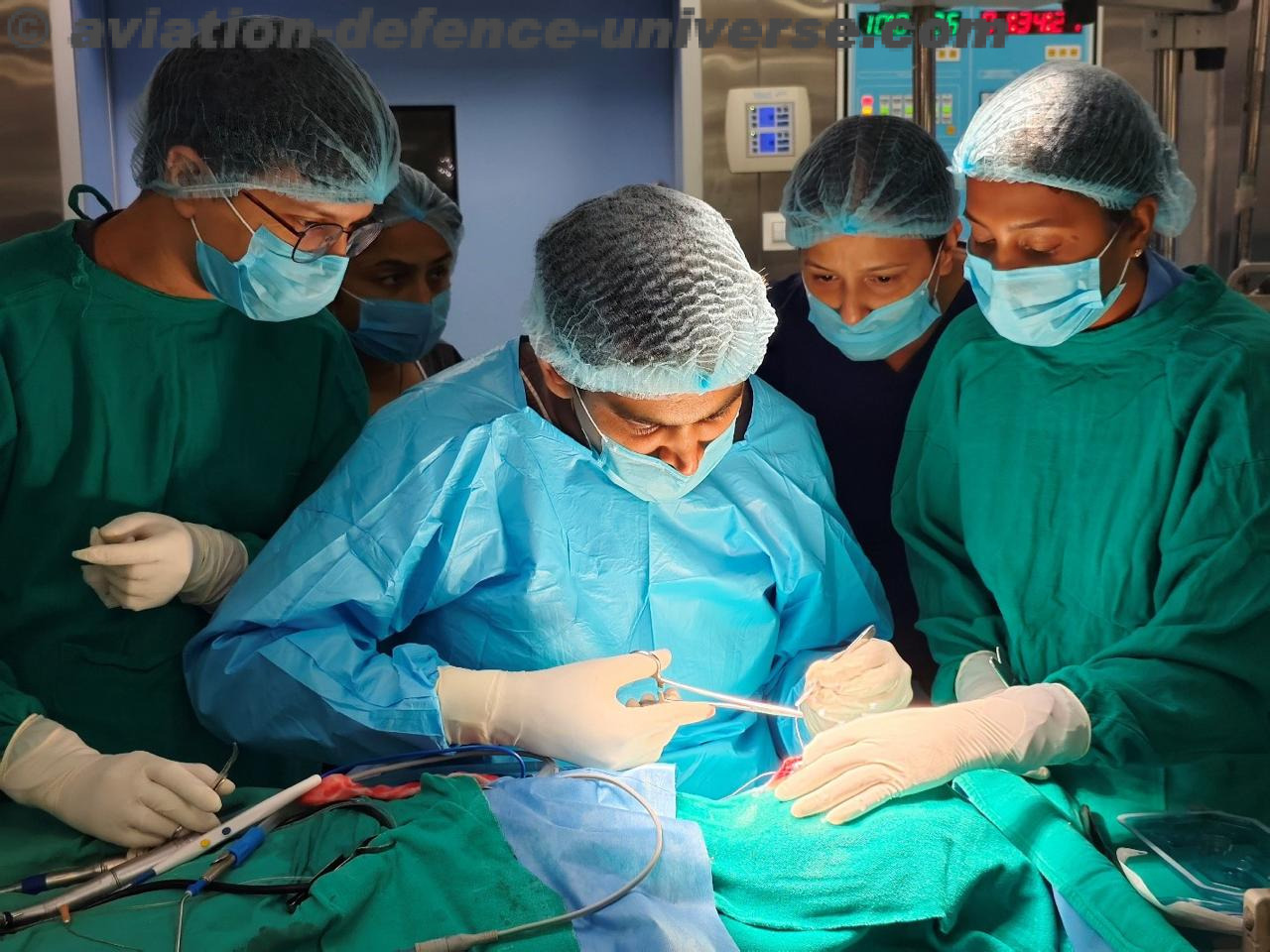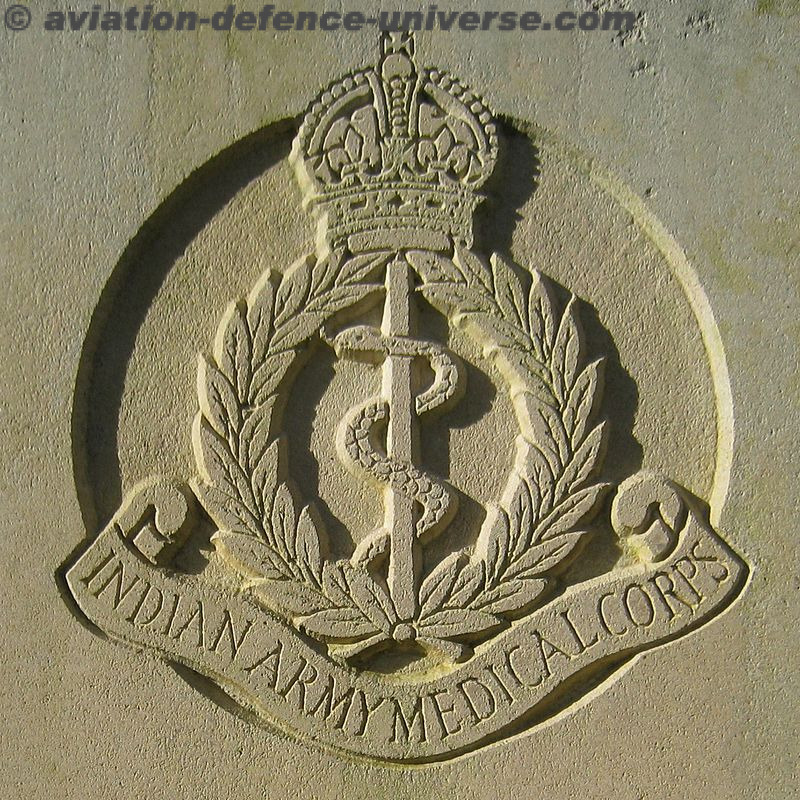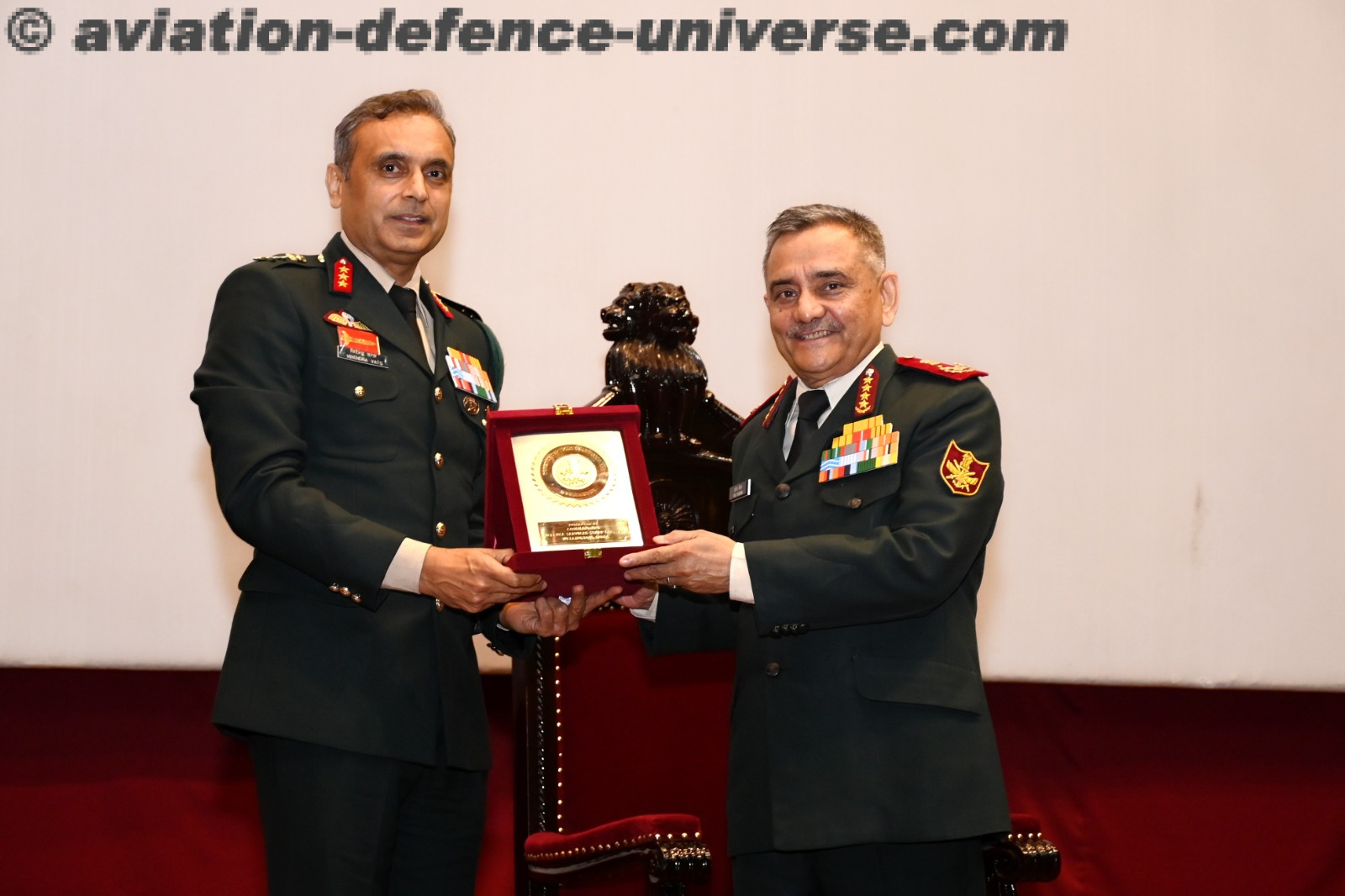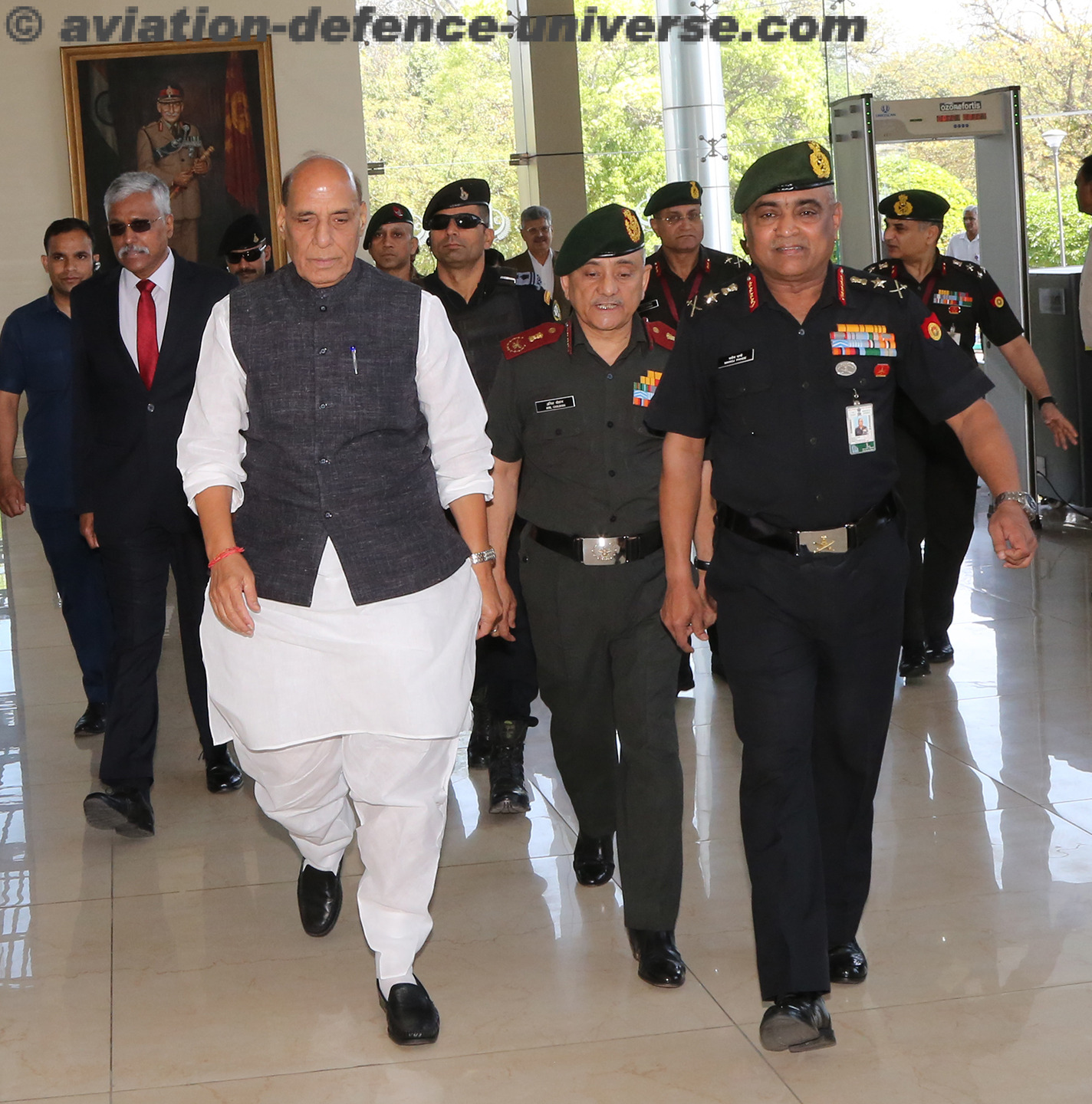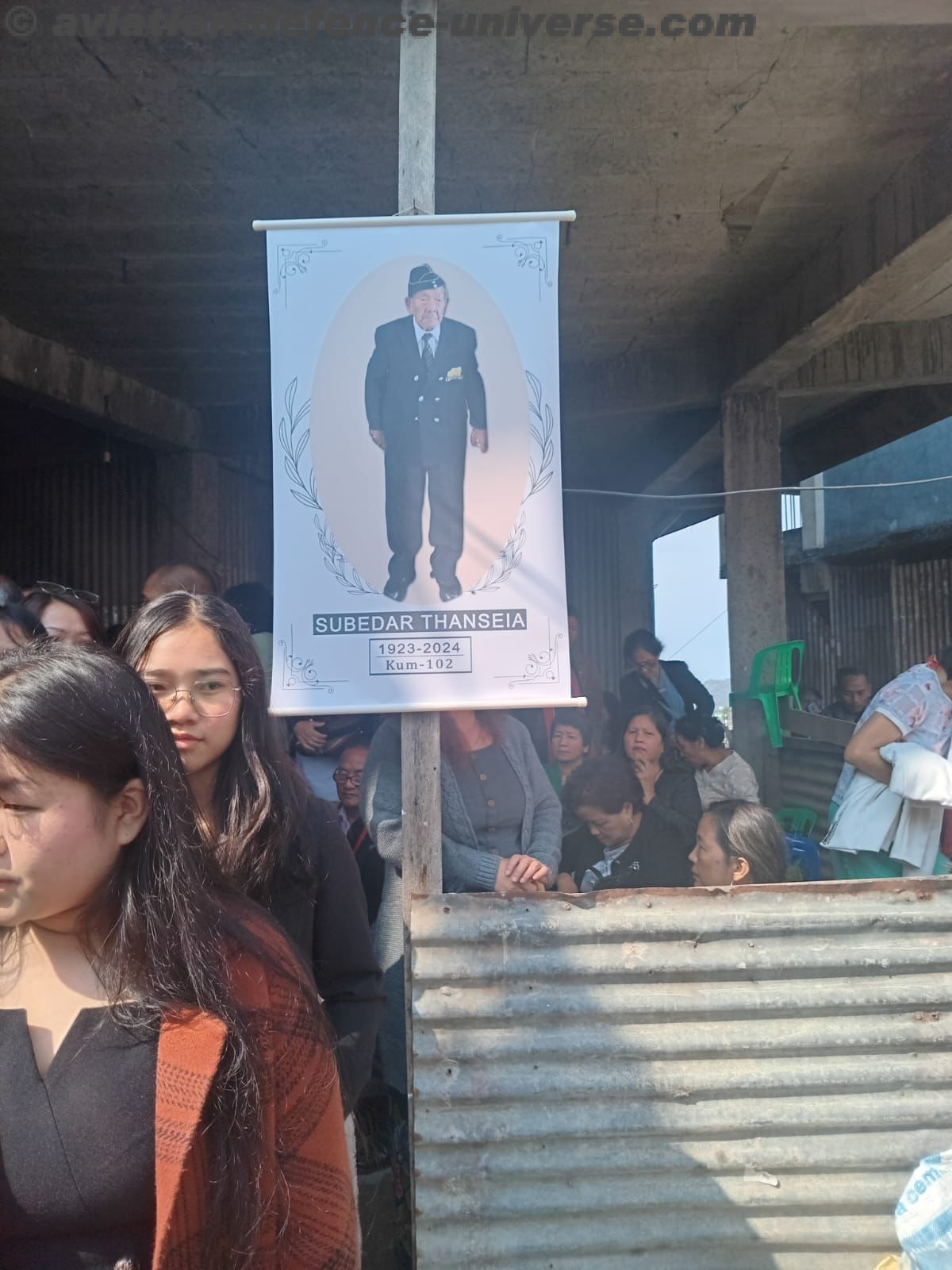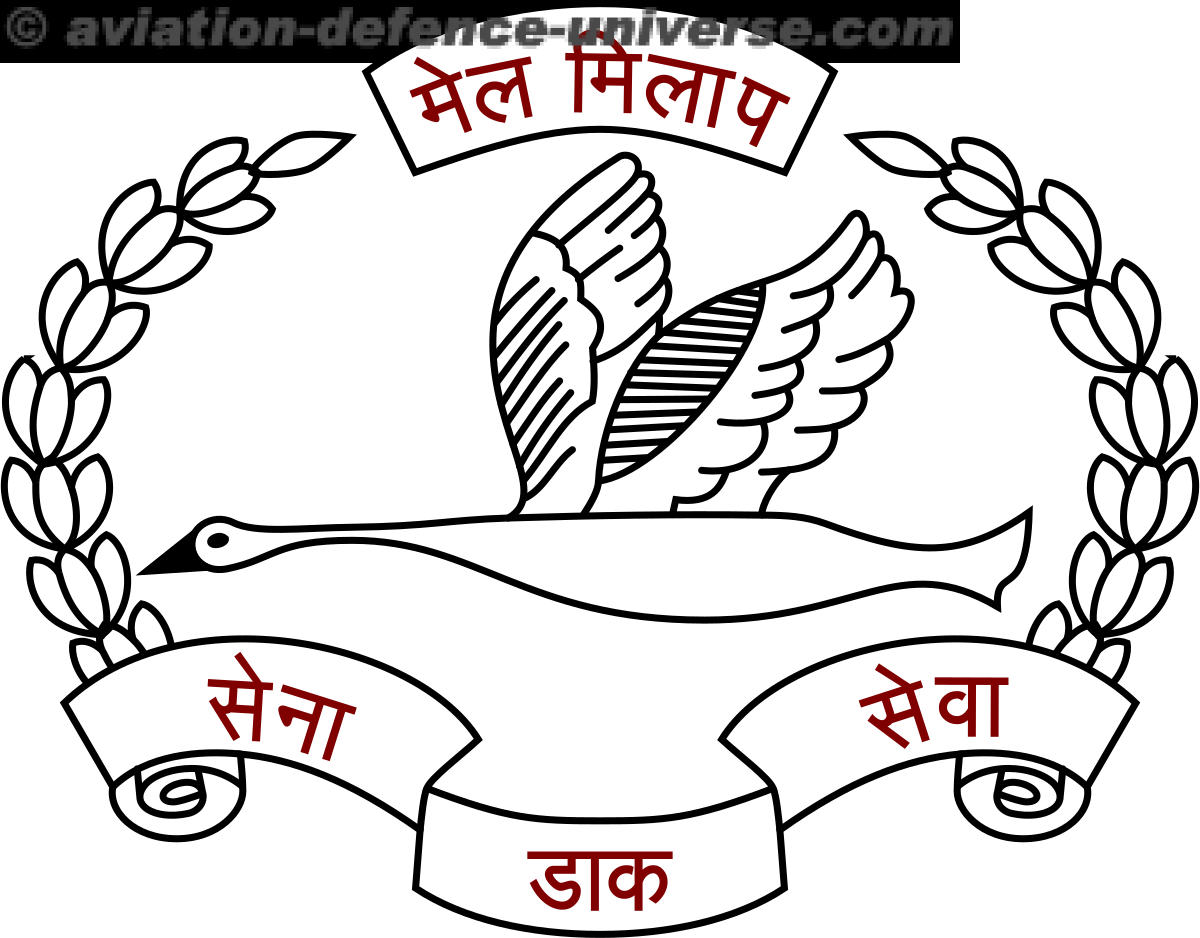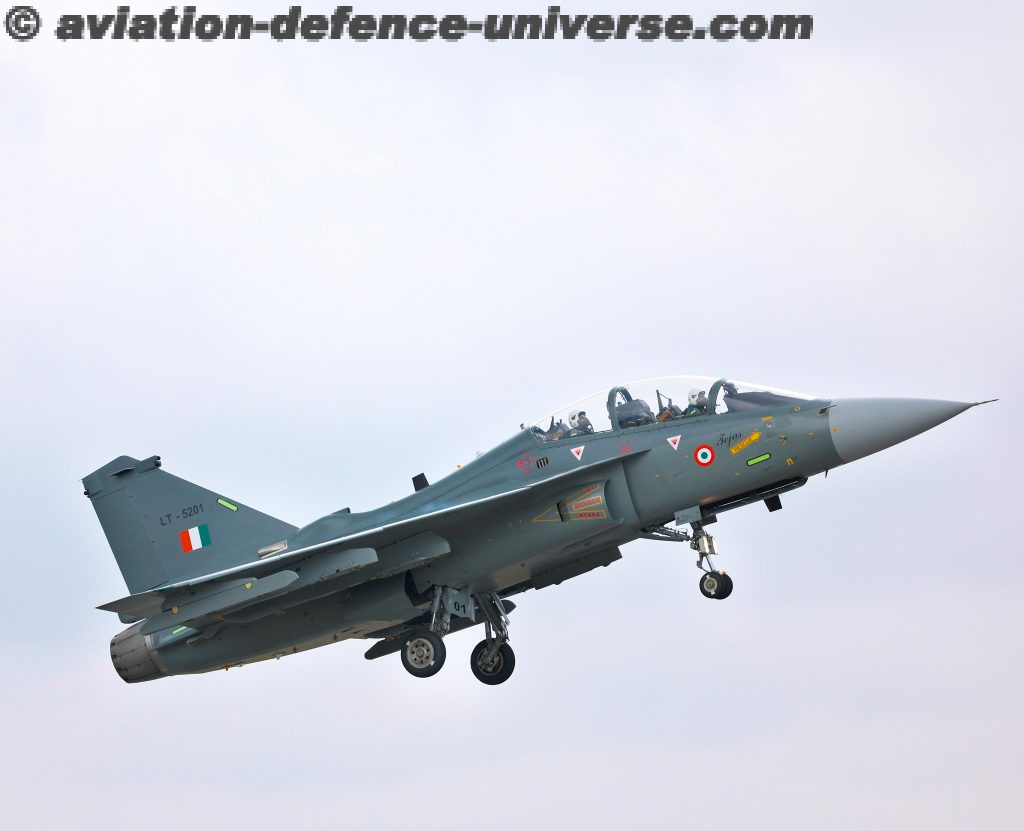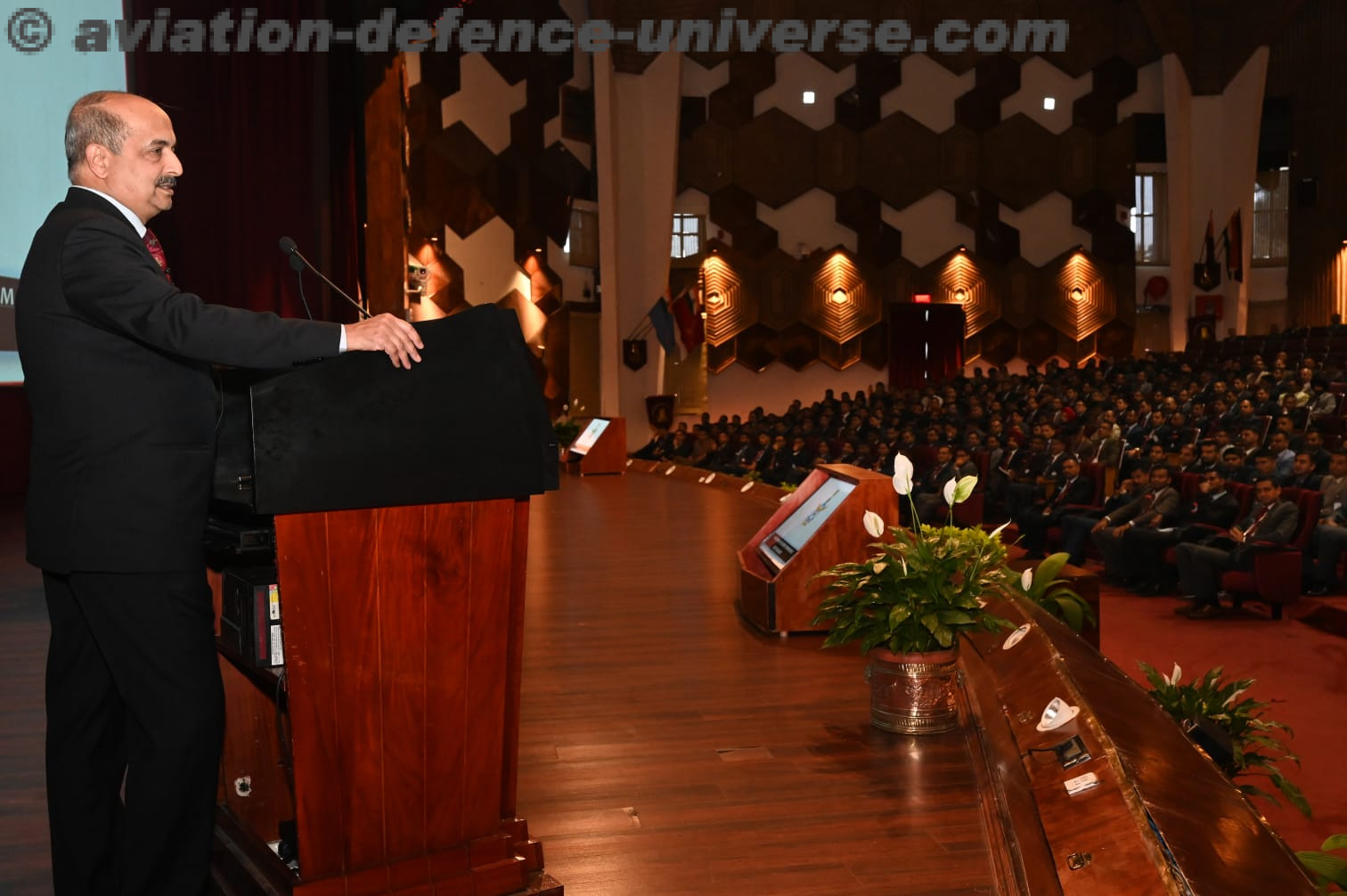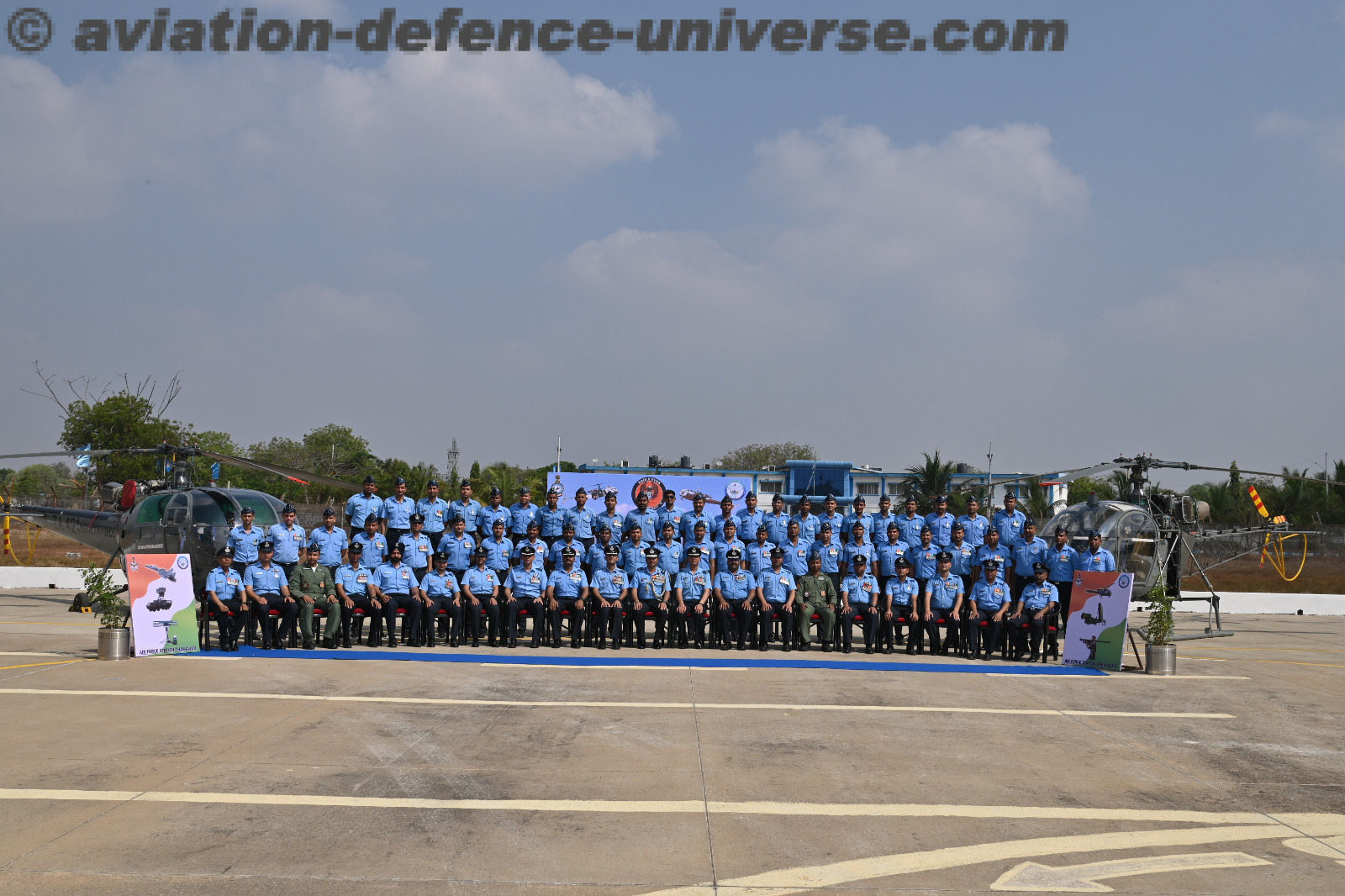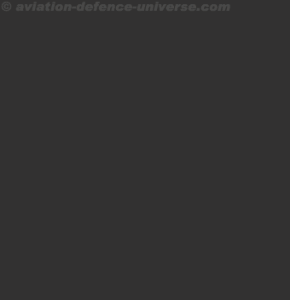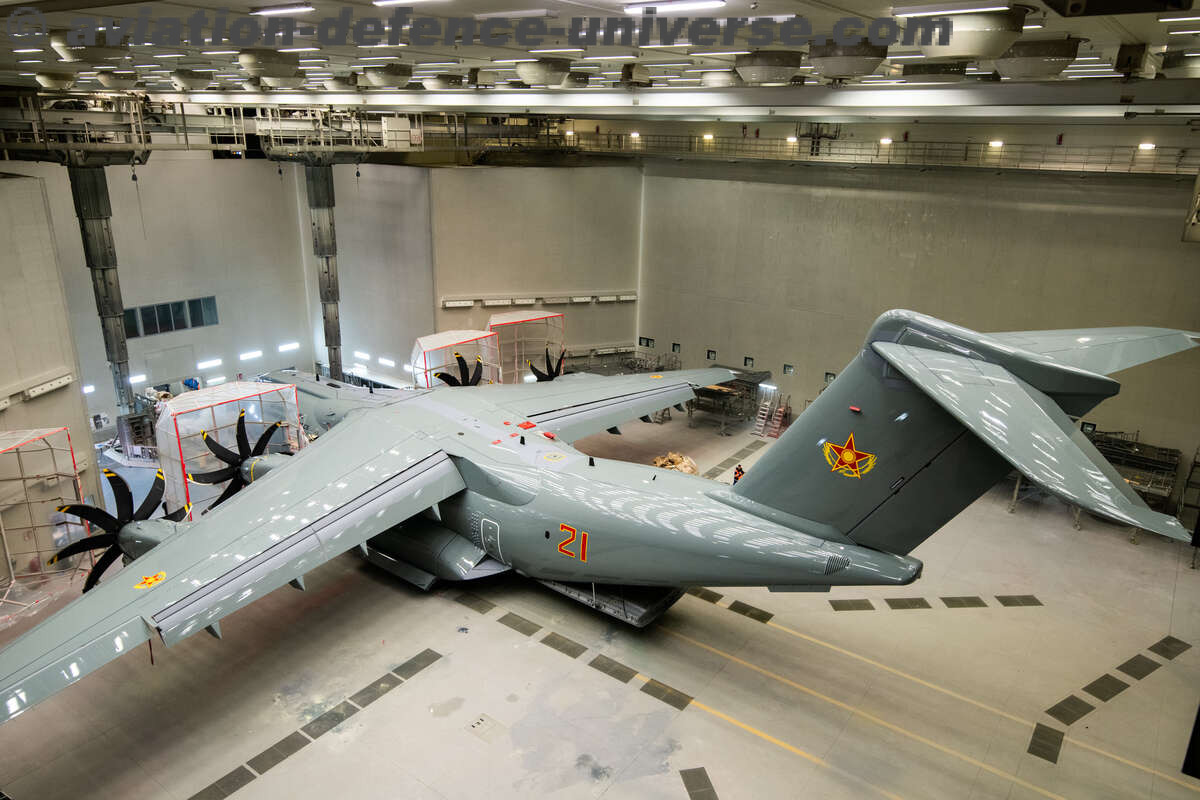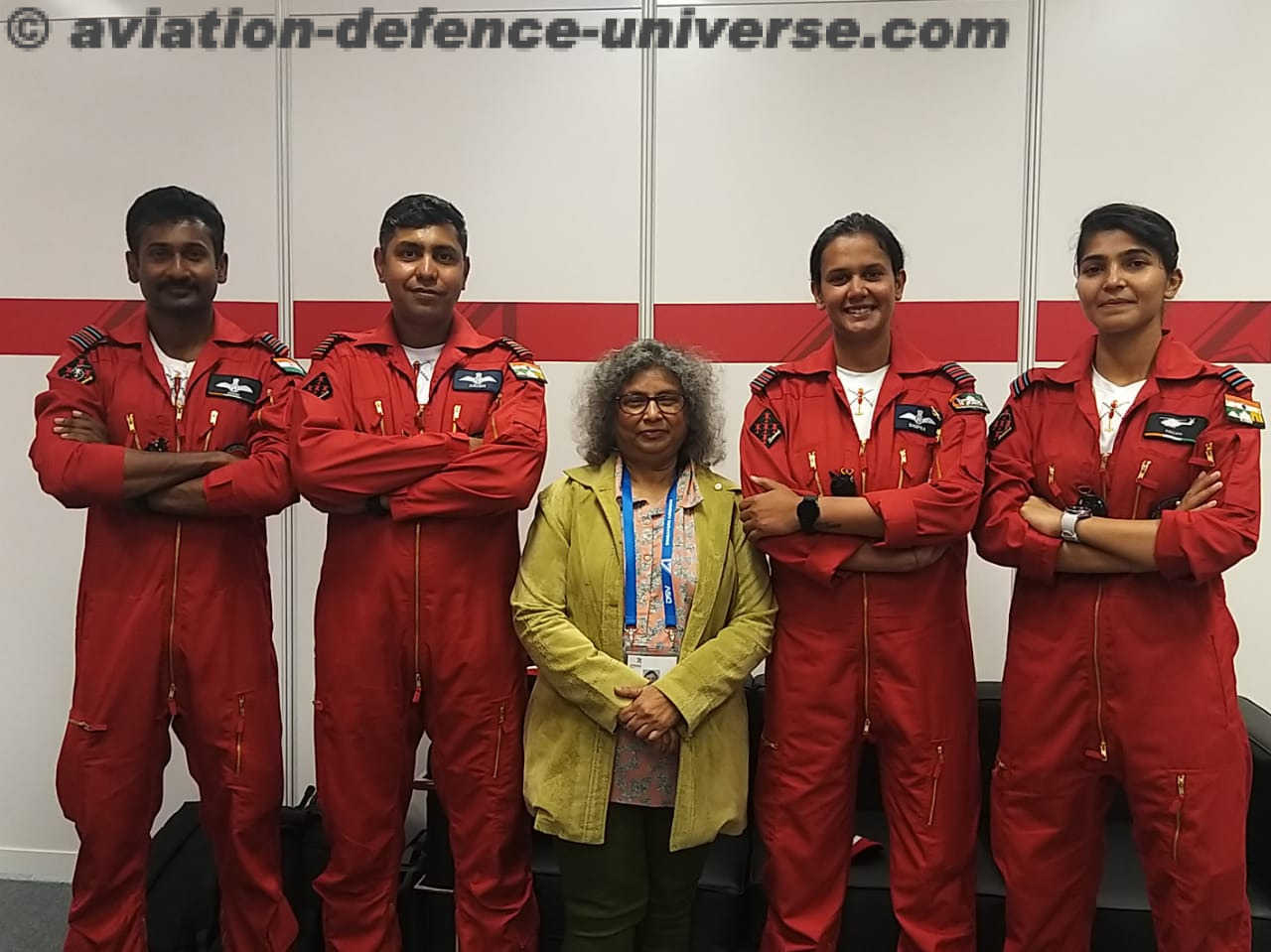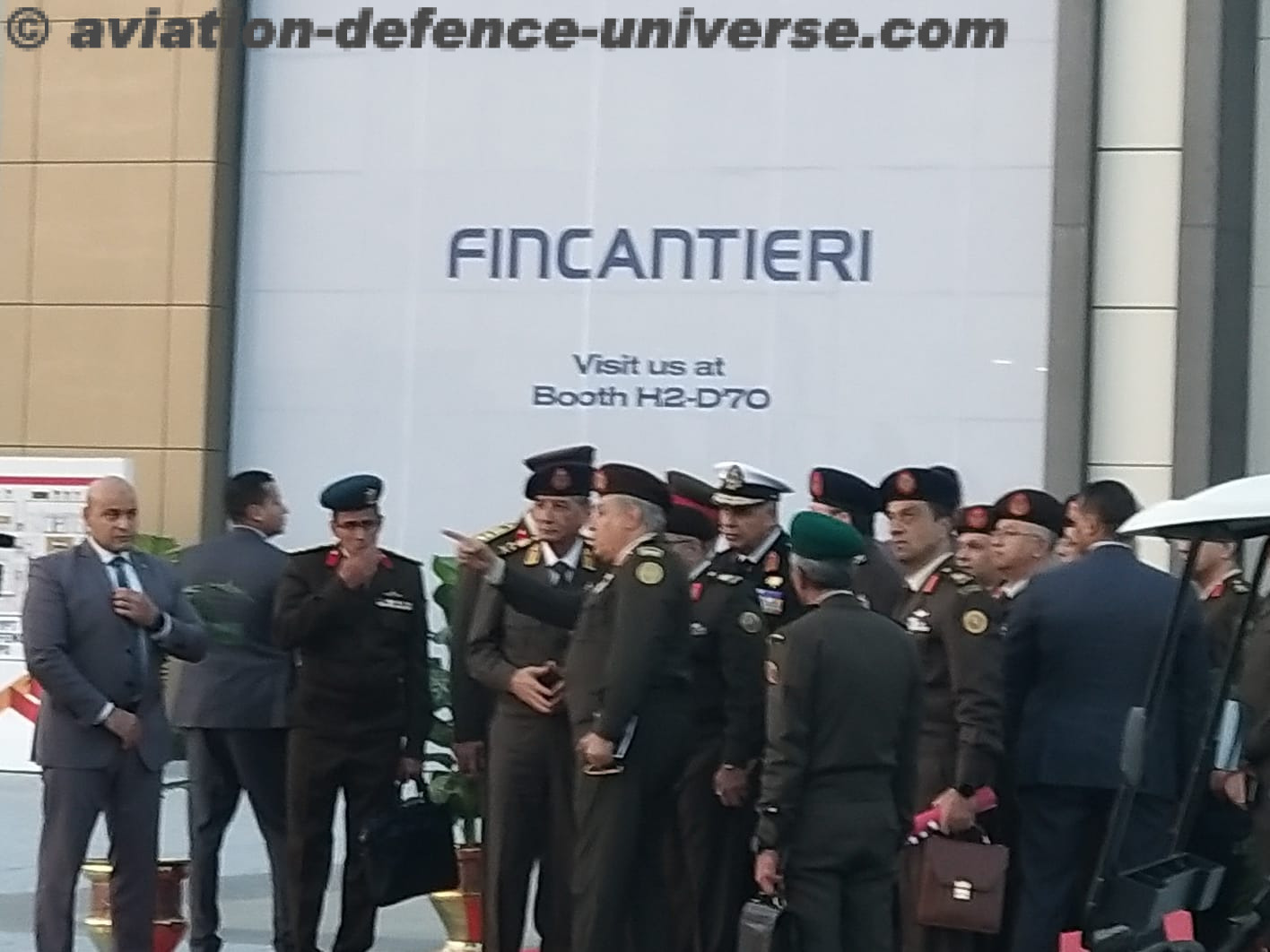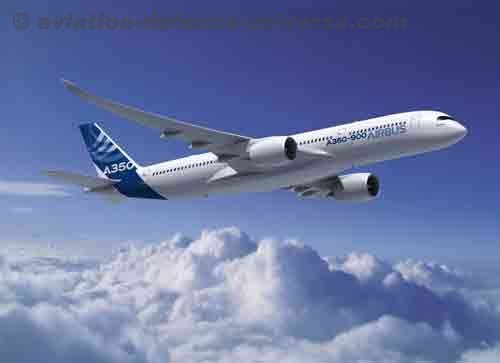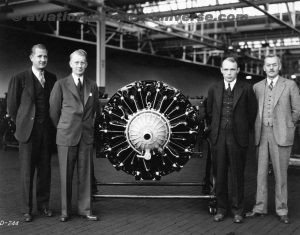
Waltham, MA. 08 April 2020. They weren’t just innovators. They were pioneers.Frederick Rentschler built engines that powered the Golden Age of Flight and founded Pratt & Whitney, maker of the world’s most advanced aircraft engines.
Laurence Marshall, Vannevar Bush and Charles Smith developed a revolutionary tube that brought radio into millions of homes in the 1920s. That was the start of Raytheon, which became one of the world’s leading aerospace and defense companies.
Willard Rockwell made car and truck axles. Arthur Collins supplied the radio equipment that kept Robert Byrd’s 1933 South Pole expedition in touch with the world. Their businesses became Rockwell Collins, which by the 1970s, was a prime contractor for the space program.
Pratt & Whitney eventually became United Technologies Corp., which acquired Collins Aerospace in 2018. And in 2020, UTC and Raytheon merged to create Raytheon Technologies, built on a combined 190+ years of innovation.
“We have created a best-in-class aerospace and defense systems provider backed by a rich history of innovation, integrity and excellence,” Raytheon Technologies CEO Gregory J. Hayes said. “Combining complementary portfolios with advanced technology and R&D platforms, we are delivering transformative solutions to define the future of aerospace and defense.”
Raytheon Technologies brings together complementary, transformative technologies: avionics, cyber protection, radars and other sensors, air and missile defenses and more, which means real opportunity for economies of effort and reduced costs. Its robust $8 billion in company- and customer-funded research and development and its 60,000 engineers gives it unmatched ability to break new technological ground, both in the defense sector and commercial aerospace.
Large in size, agile in approach
Raytheon Technologies is, by the numbers, one of the biggest aerospace and defense companies in the world. But its true strength is the ability of its engineers and scientists to exchange knowledge across a wide range of specialties including avionics, electronic warfare, directed energy, cybersecurity, guidance, propulsion, sensing, materials science and quantum information processing.
Raytheon Technologies consists of four highly specialized businesses:
- Collins Aerospace specializes in aerostructures, avionics, interiors, mechanical systems, mission systems, and power and control systems that serve customers across the commercial, regional, business aviation and military sectors.
- Pratt & Whitney designs, manufactures and services the world’s most advanced aircraft engines and auxiliary power systems for commercial, military and business aircraft.
- Raytheon Intelligence & Space specializes in developing advanced sensors, training, and cyber and software solutions — delivering the disruptive technologies its customers need to succeed in any domain, against any challenge.
- Raytheon Missiles & Defense provides the industry’s most advanced end-to-end solutions to detect, track and engage threats.
Like their predecessors, these are businesses of engineers and innovators, expanding the frontiers of futuristic technologies. Consider these examples:
Hypersonics: Engineers are solving the problems inherent in building planes, drones and missiles that fly at speeds in excess of Mach 5, or a little more than a mile every second.
Quantum computing: Quantum computers could spark technology leaps in aerospace and defense, as well as such diverse fields as pharmaceutical engineering and sophisticated cyber encryption.
Hybrid-electric engines for aircraft: Electric aviation means fewer emissions and much less impact on the environment.
Thinking machines: Raytheon Technologies is developing systems that not only make complex judgments but also explain their logic, leading to systems that will help people, including military commanders, make better-informed decisions in less time.
What sets the work apart at Raytheon Technologies is that an engineer working on a problem in one area might find an answer in the seemingly unrelated work of a colleague.
“Take an area like hypersonics. There is the opportunity to combine Raytheon Company’s deep expertise in vehicle integration, guidance and control, and advanced seekers with UTC’s leadership in world-class propulsion technologies, high-temperature materials, and thermal and signature management,” said Mark Russell, who leads Technology & Global Engineering for Raytheon Technologies. “And as a result, this will help us meet customer needs for a new generation of air vehicles — ones that travel many times the speed of sound.”
An enduring benefit
Alongside its product and services, Raytheon Technologies looks to bring a lasting benefit to communities around the world. That effort includes corporate social responsibility programs such as support for STEM education and advocacy for military families, as well as initiatives to ensure the company’s operations and supply chain are working safely and sustainably.
“Environment, safety and health issues have become an increasingly higher priority with our employees and in our communities,” said Paolo dal Cin, the company’s head of operations and supply chain.”Together as Raytheon Technologies, our enhanced operations and supplier networks best position us to modernize our processes, reduce waste, and improve the quality of materials and services for our customers while protecting the people and environment around us.



